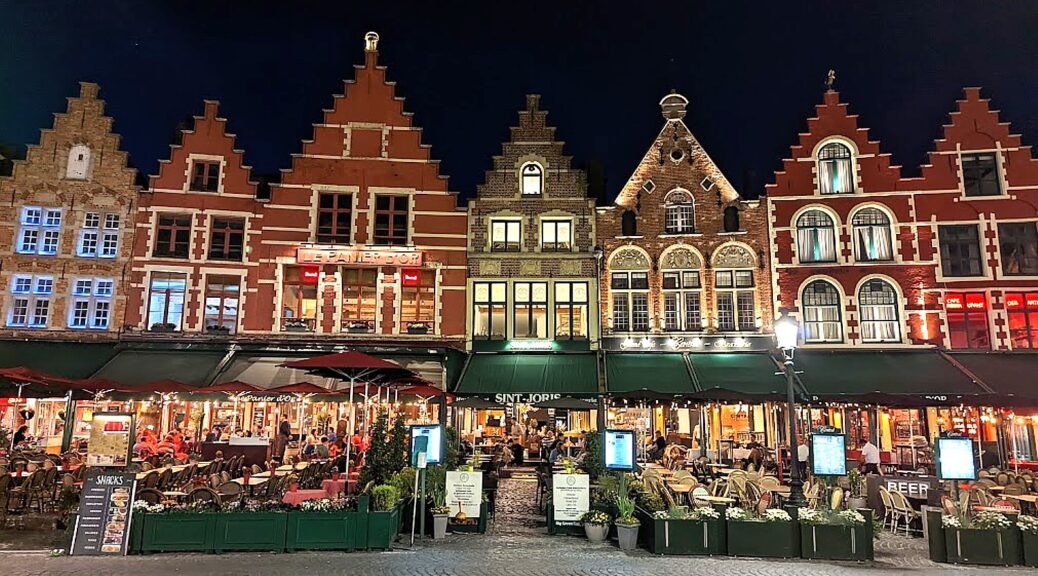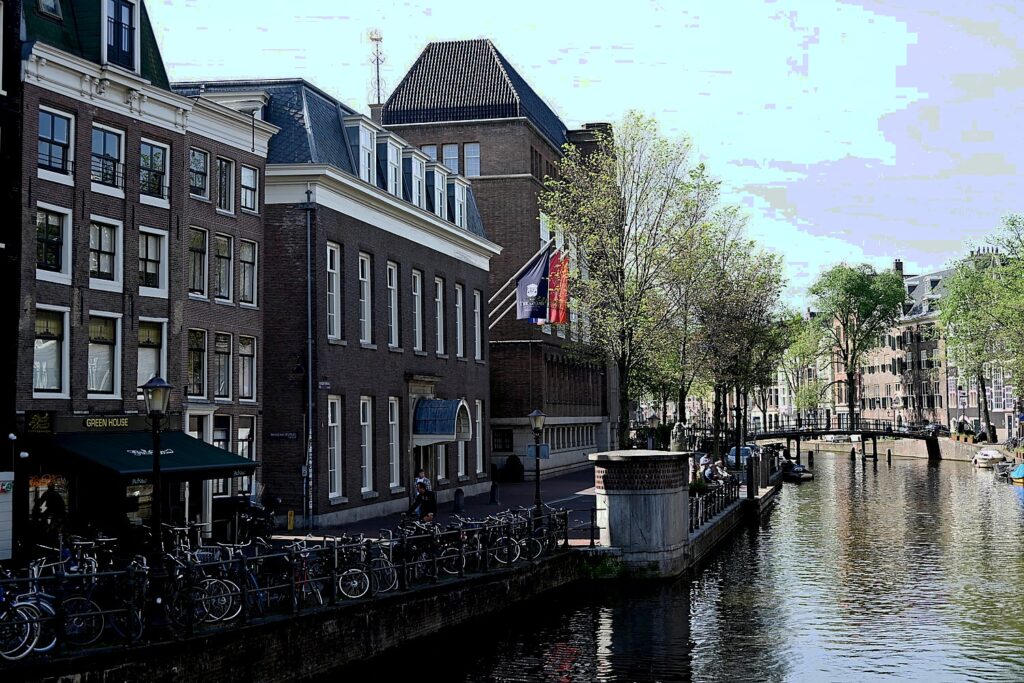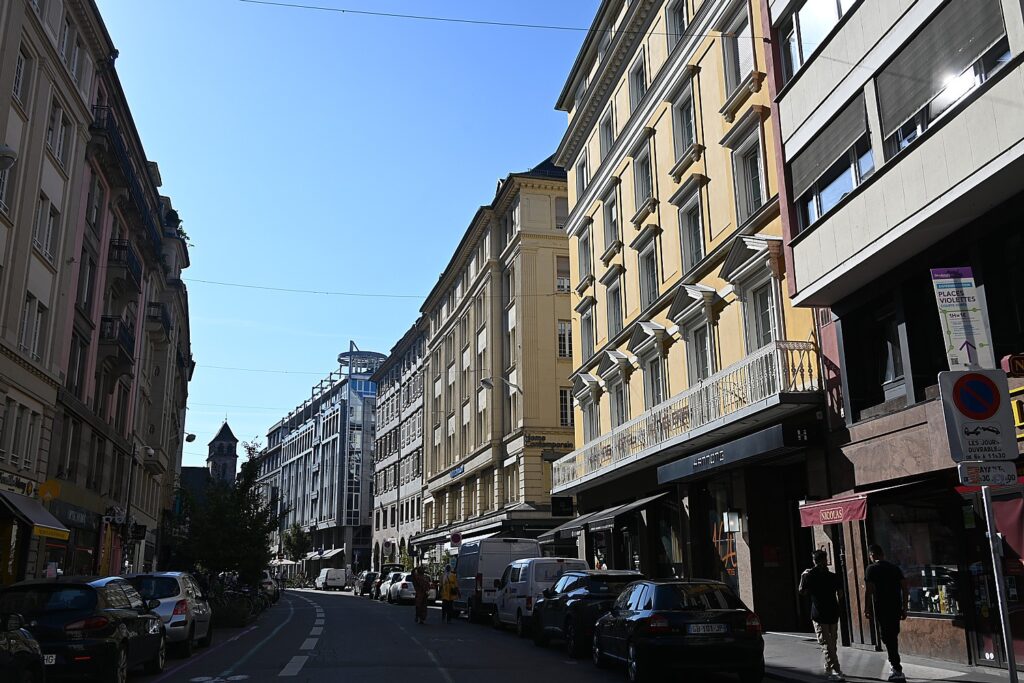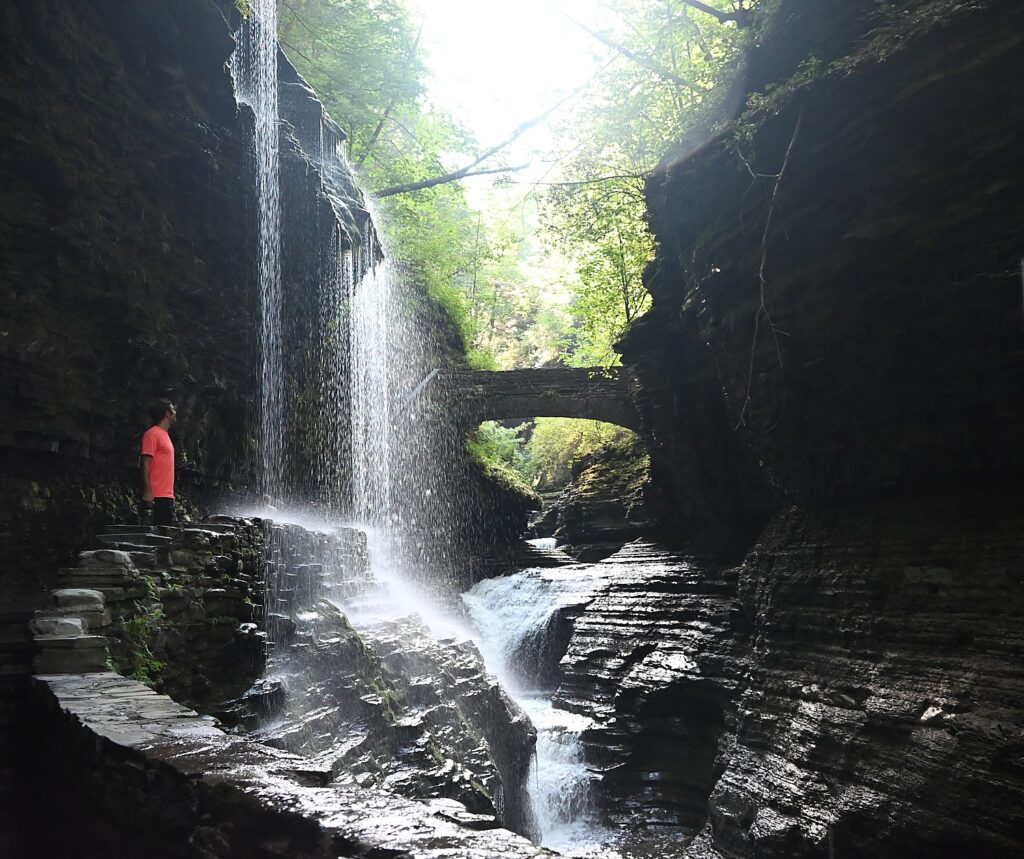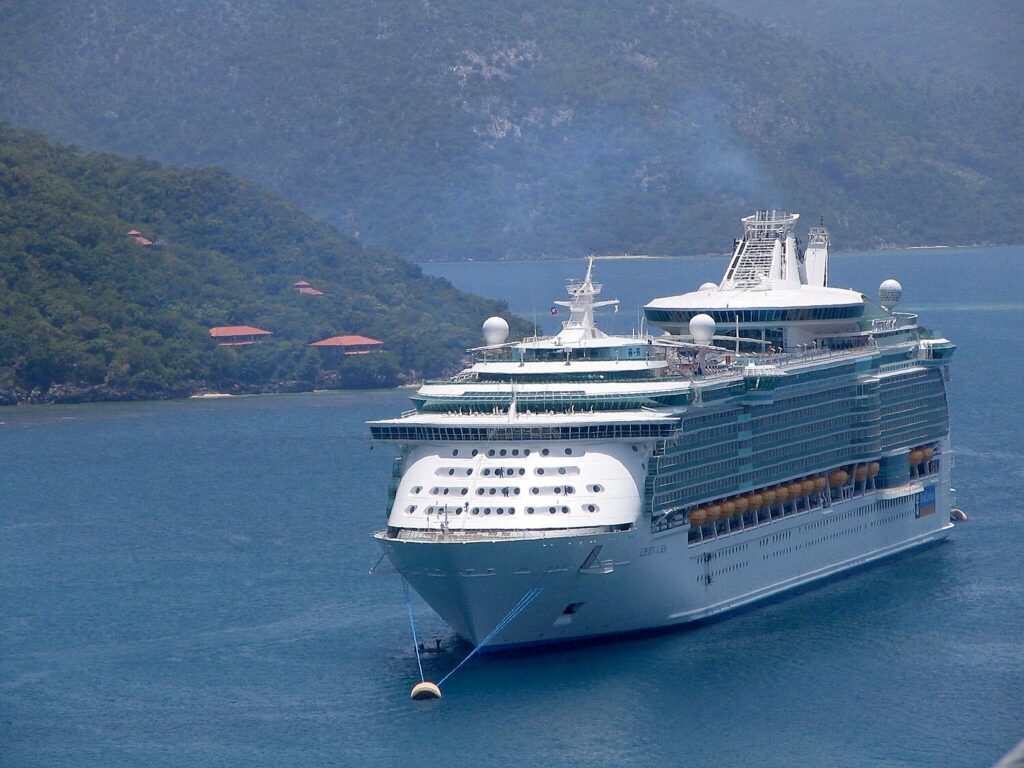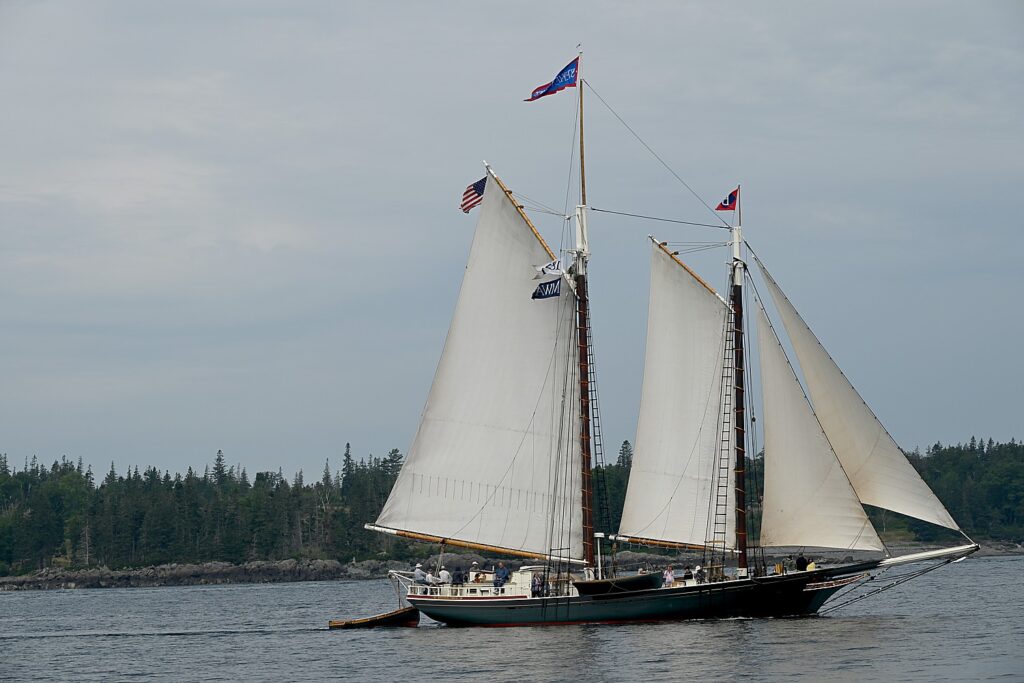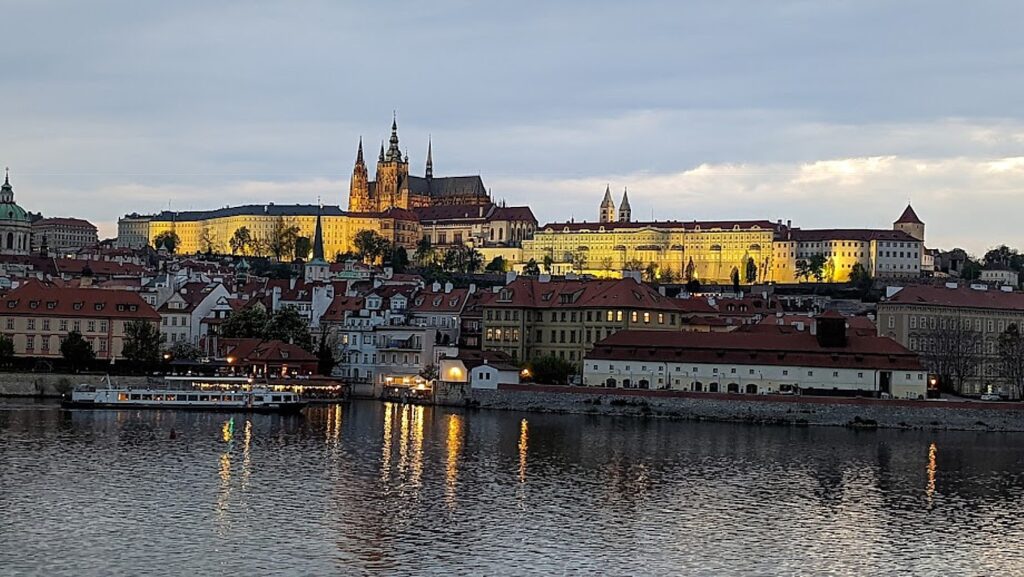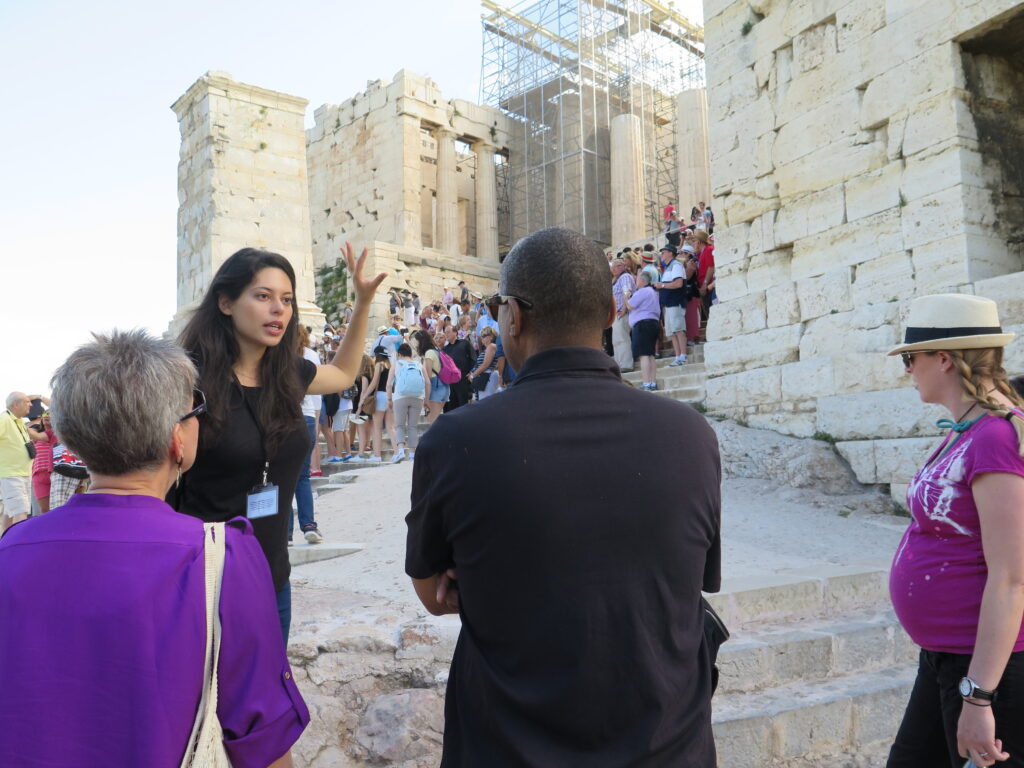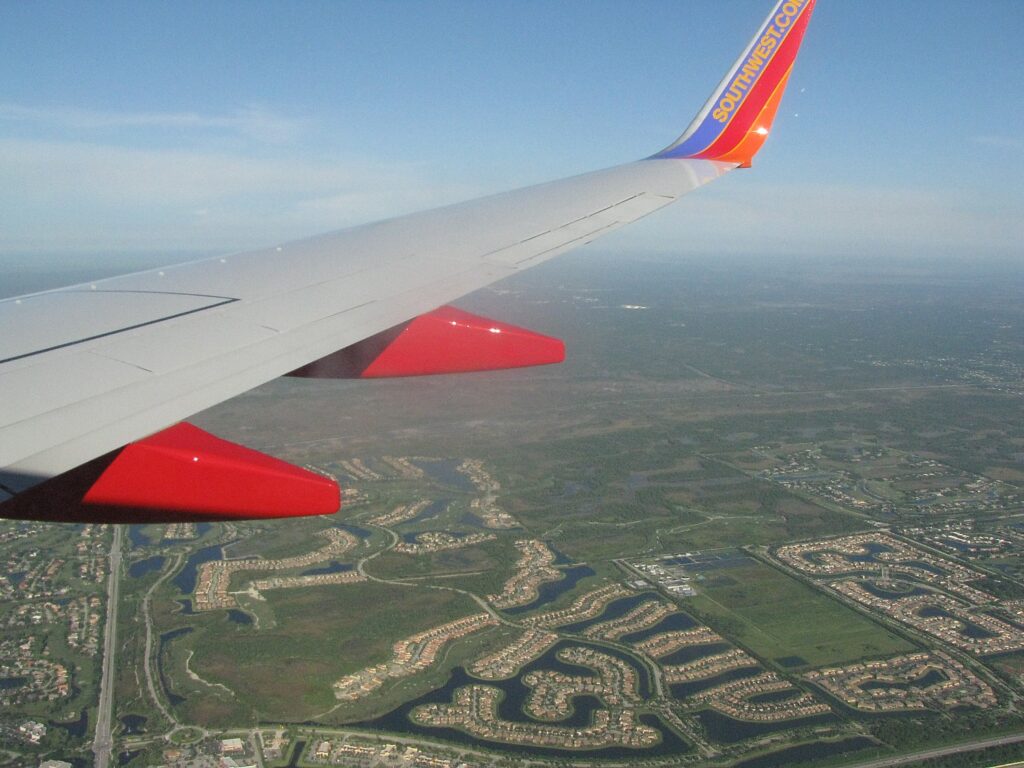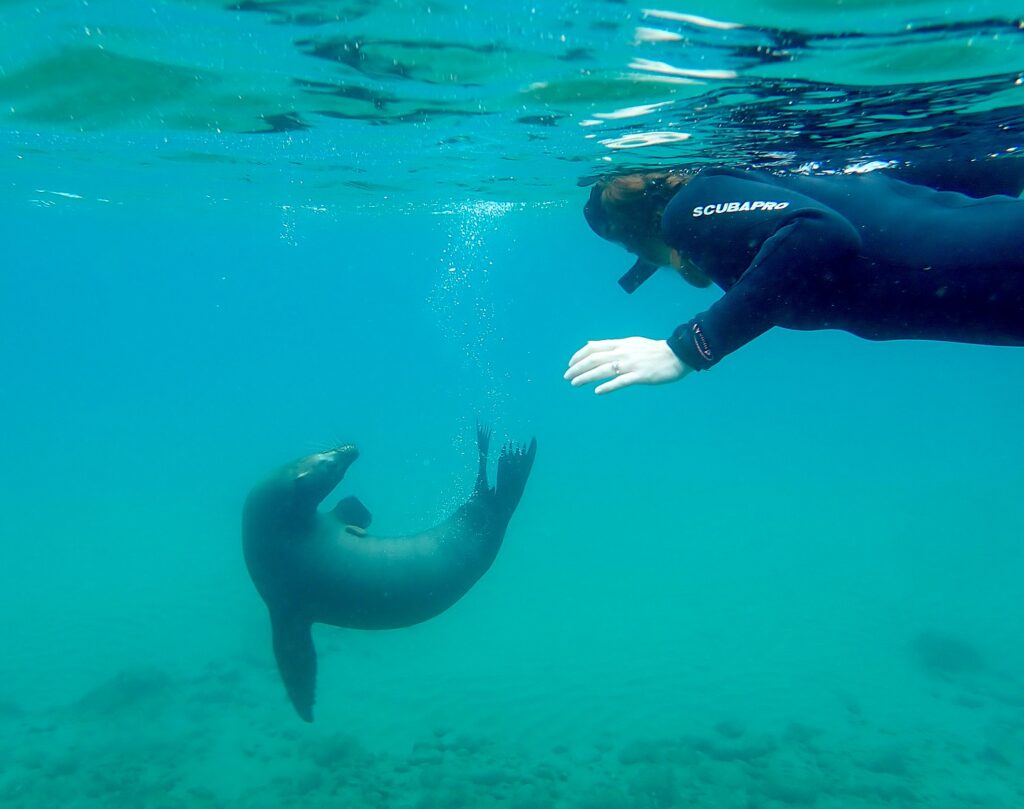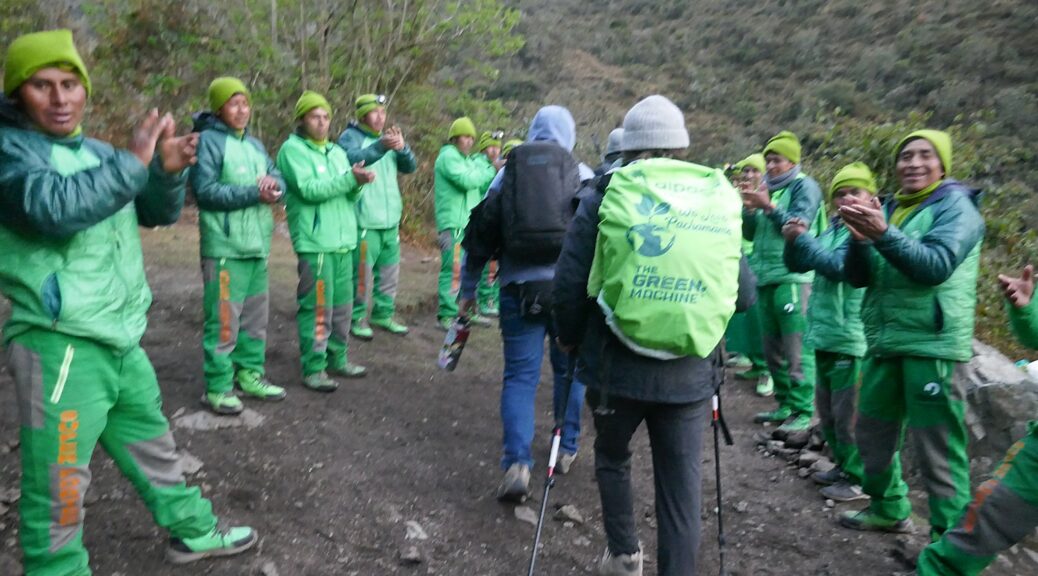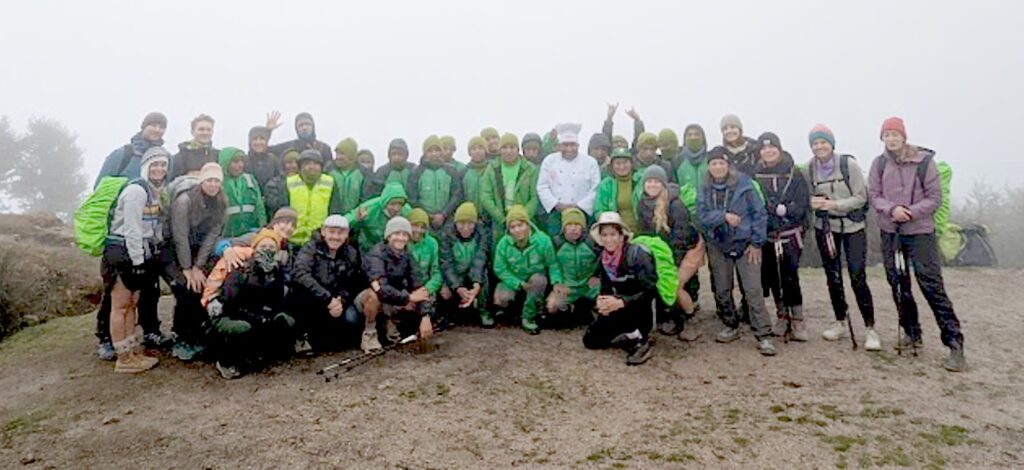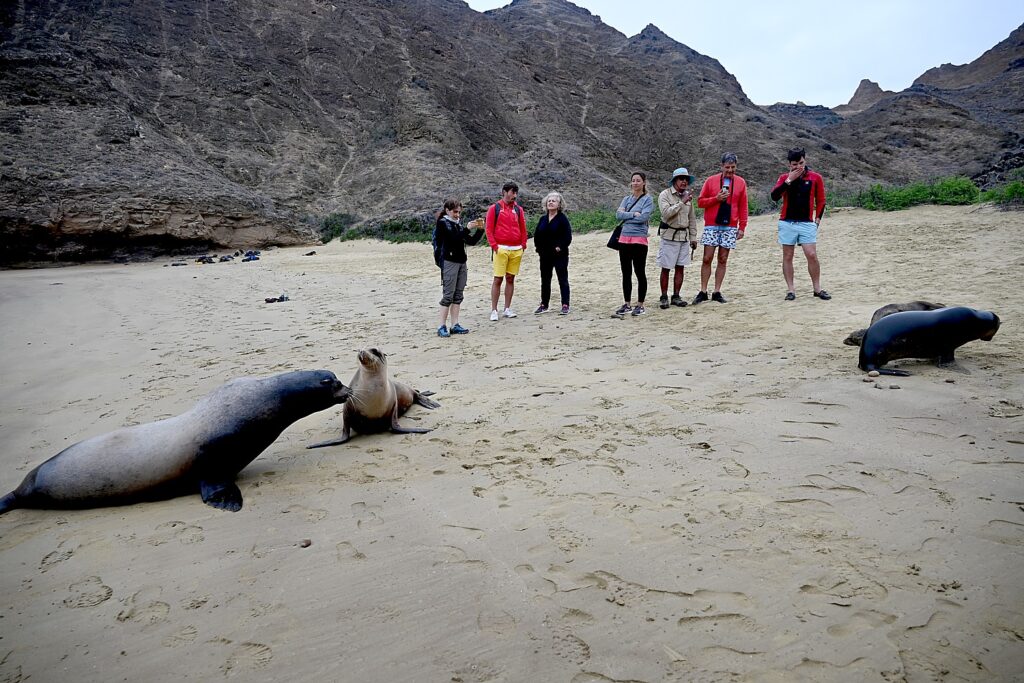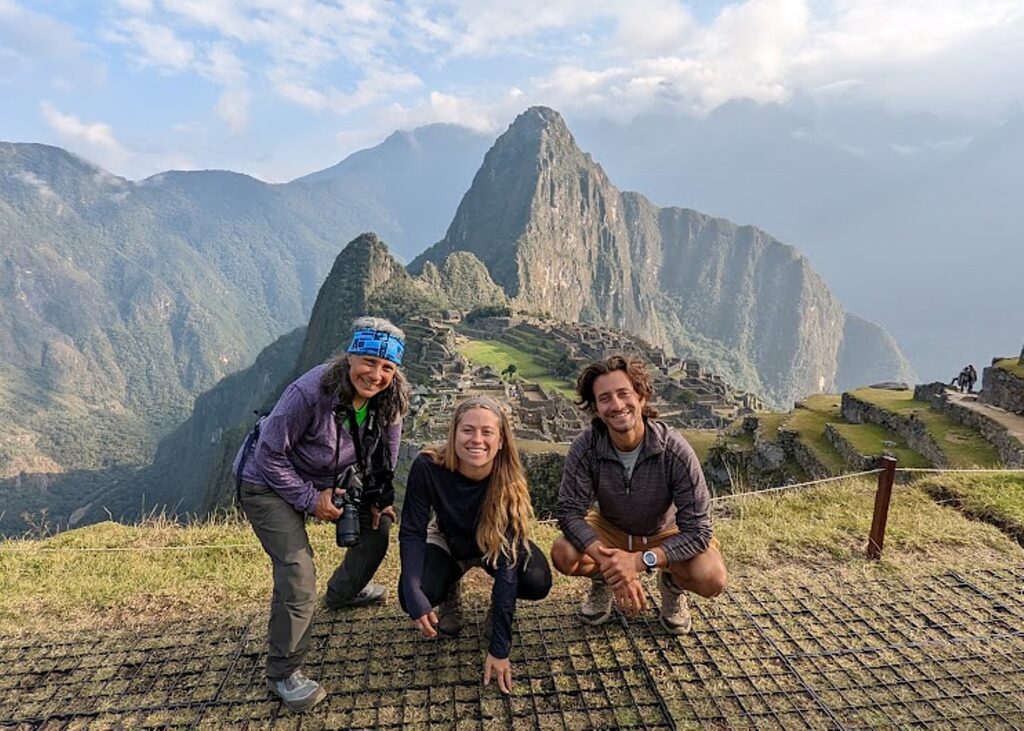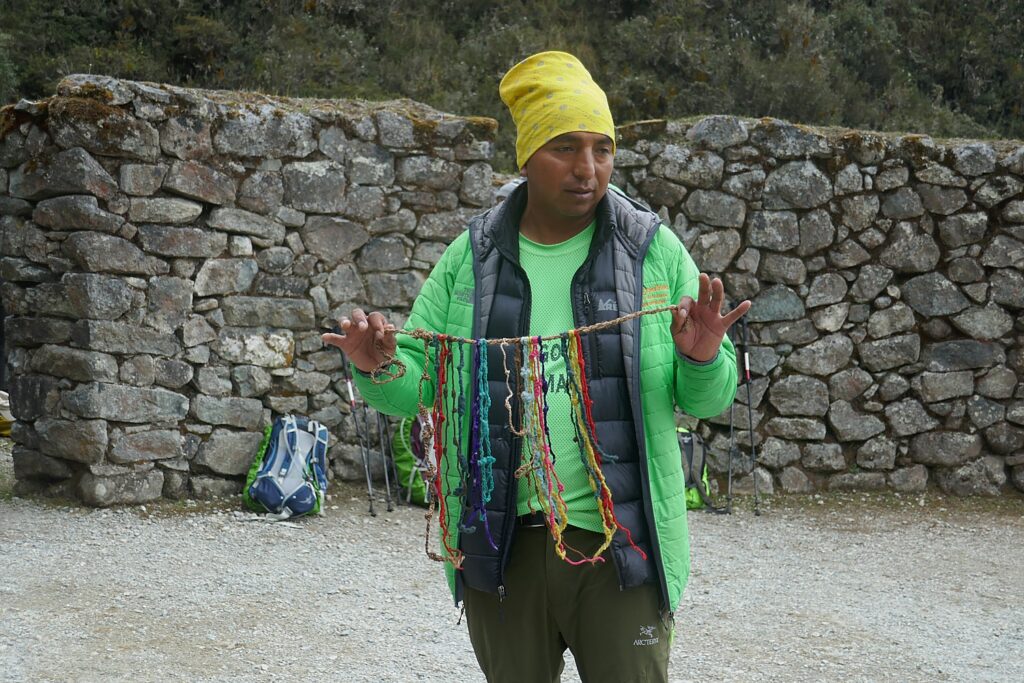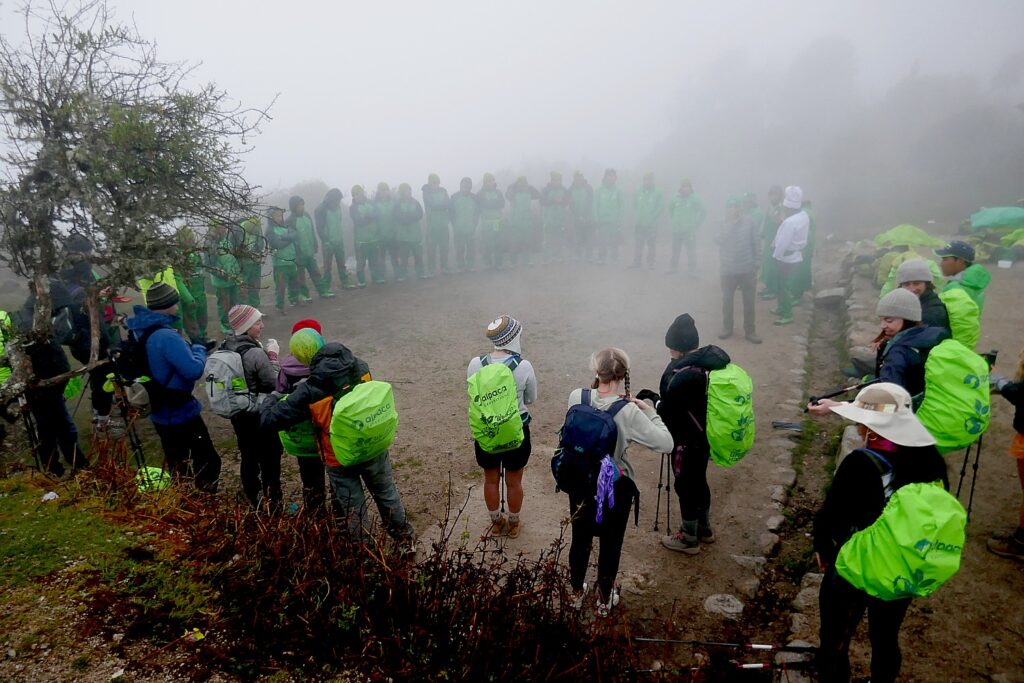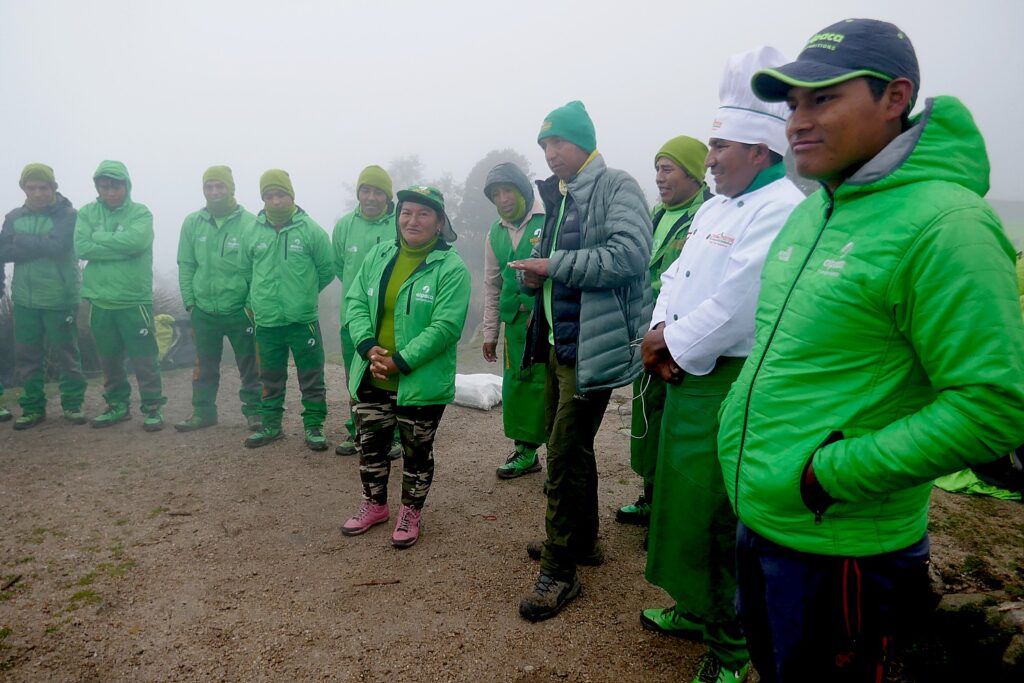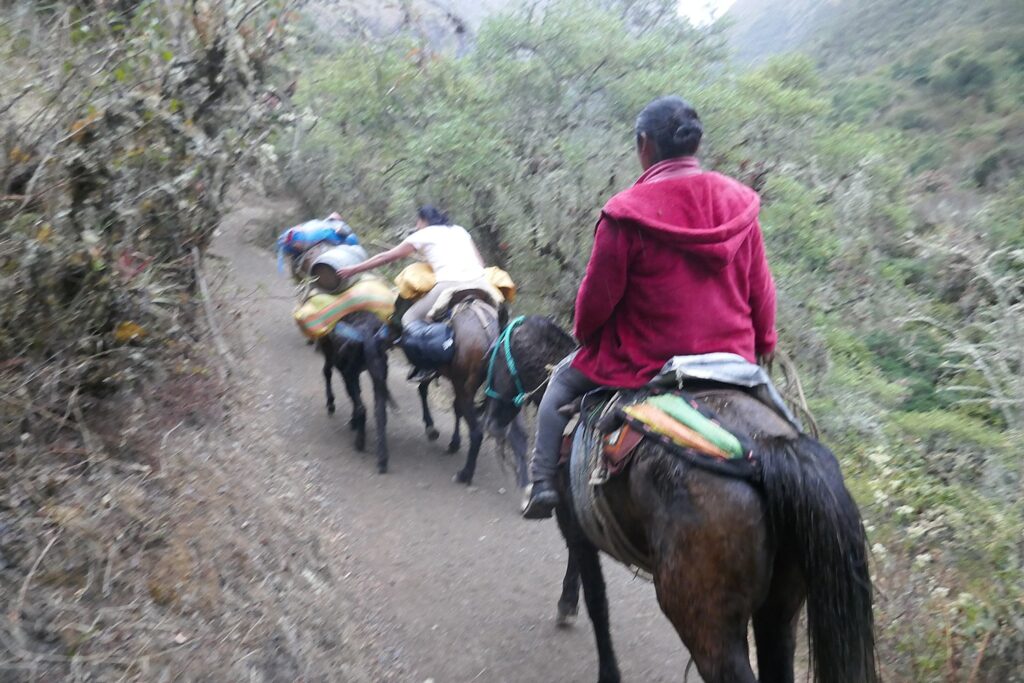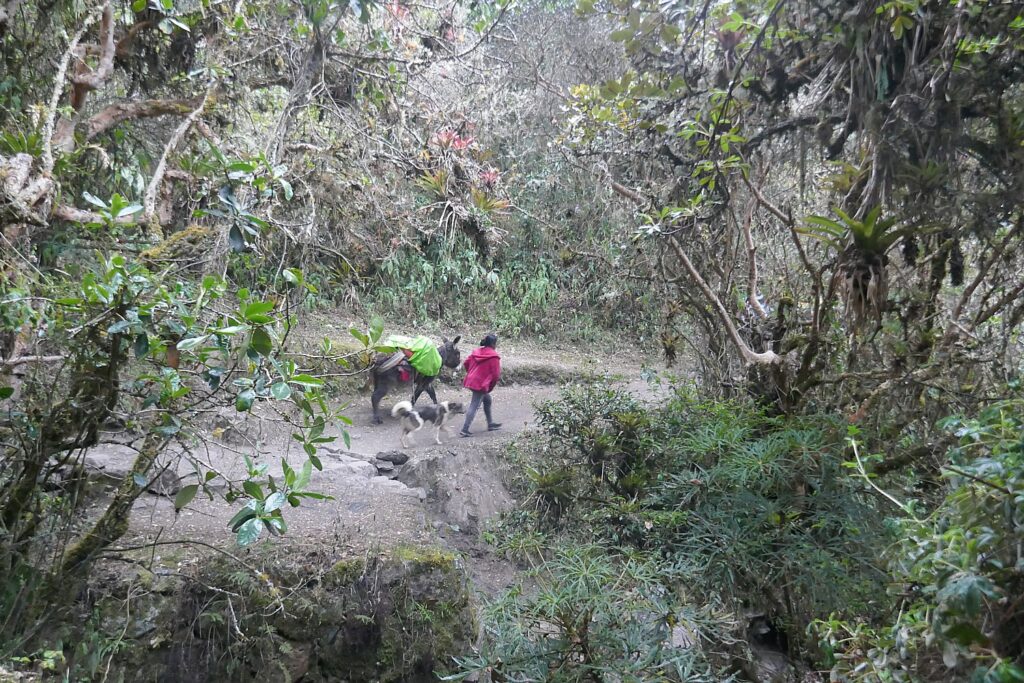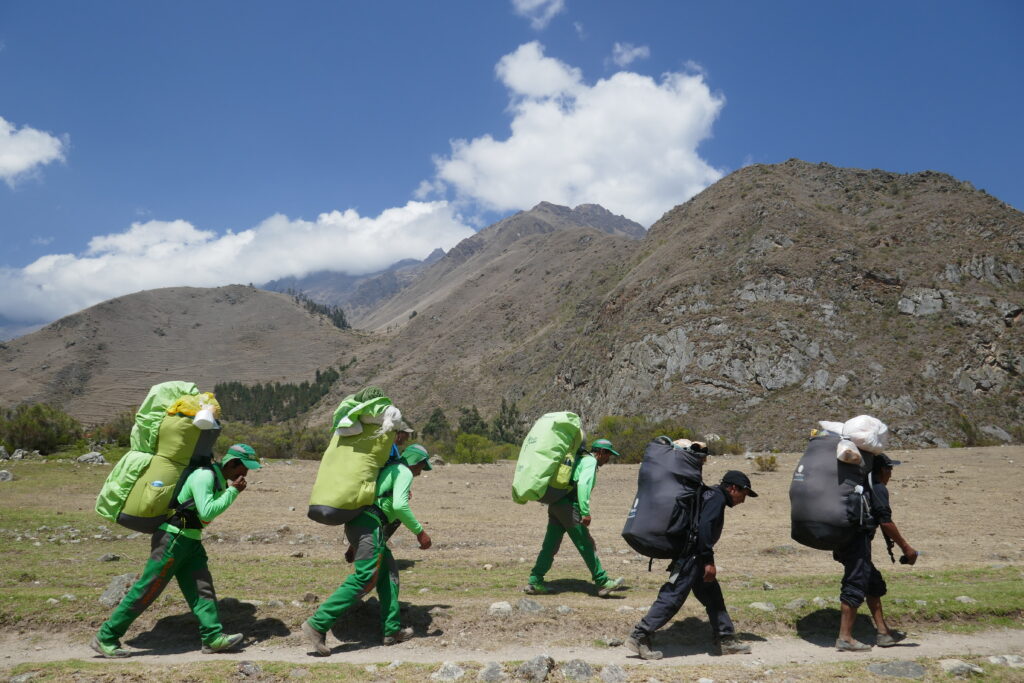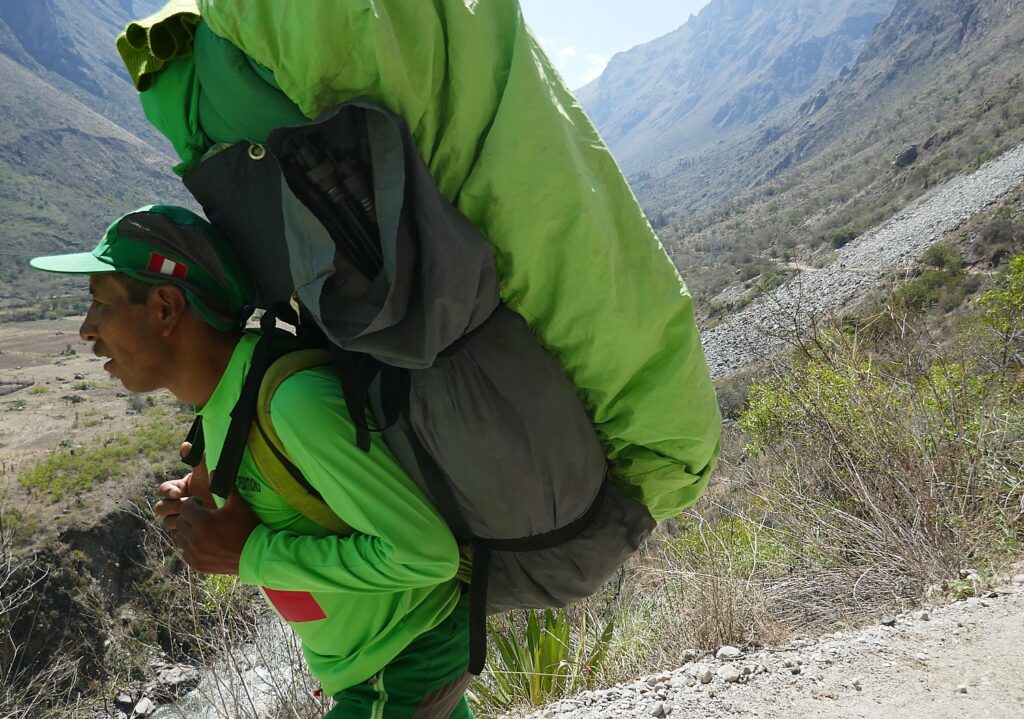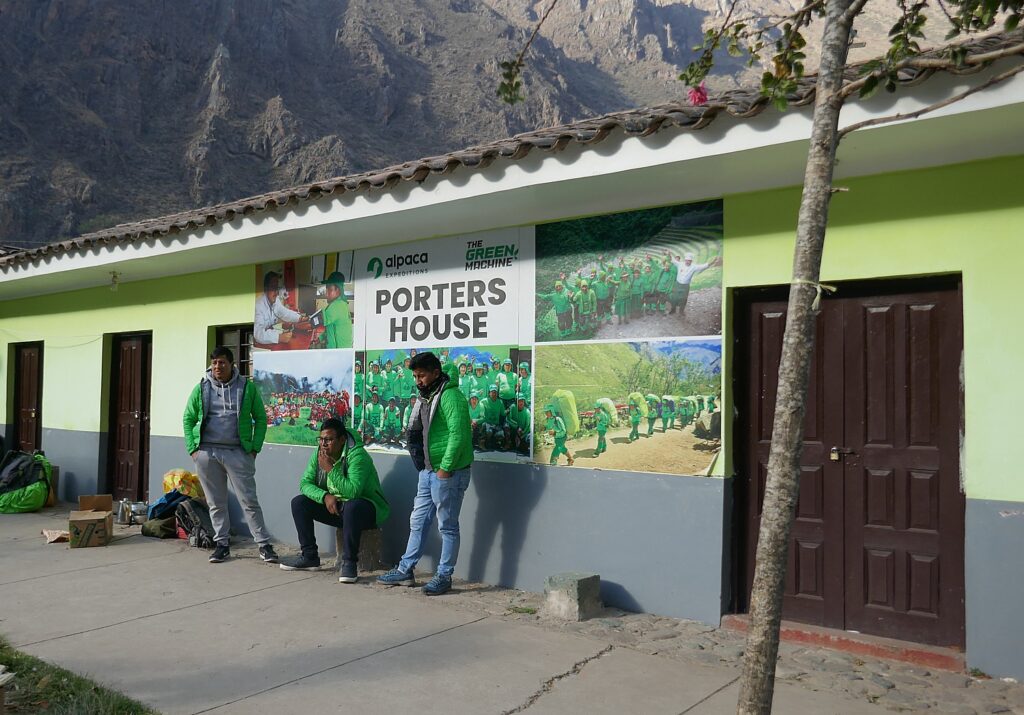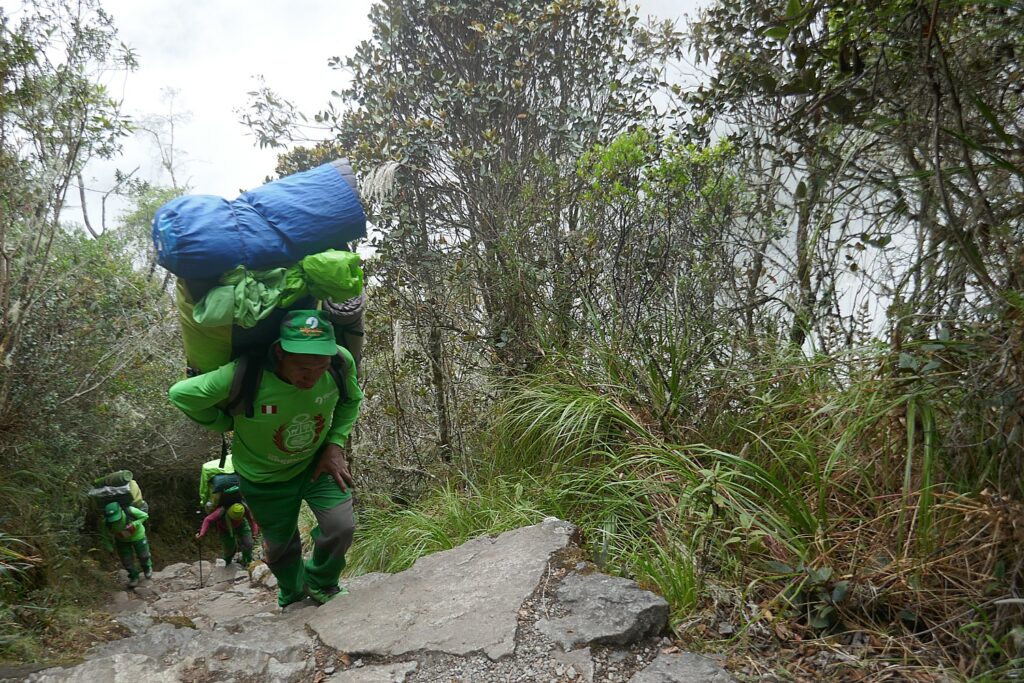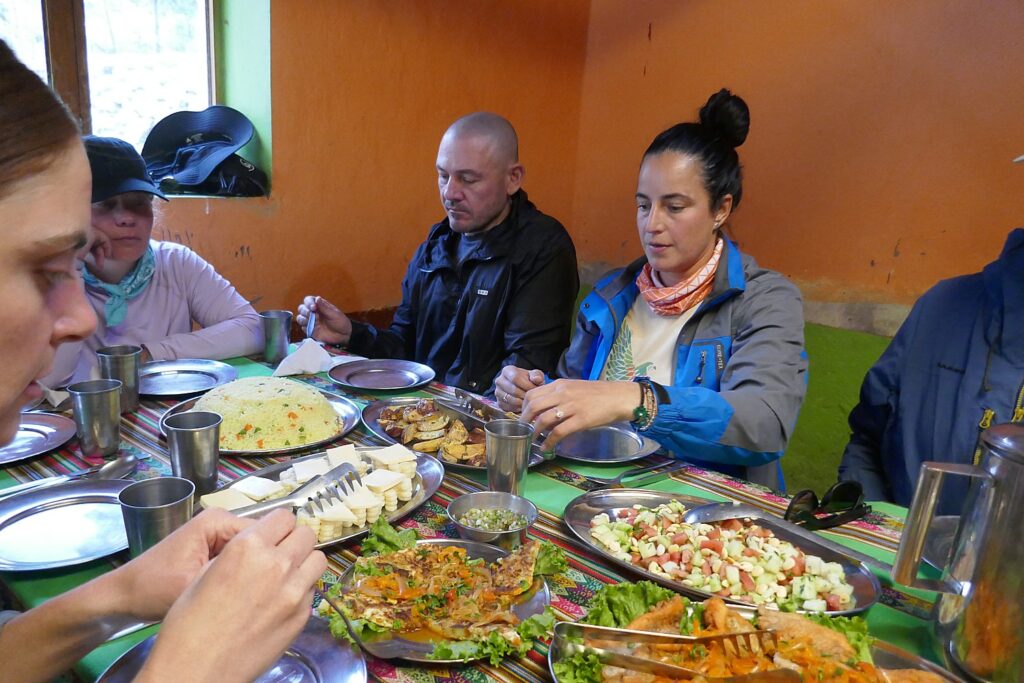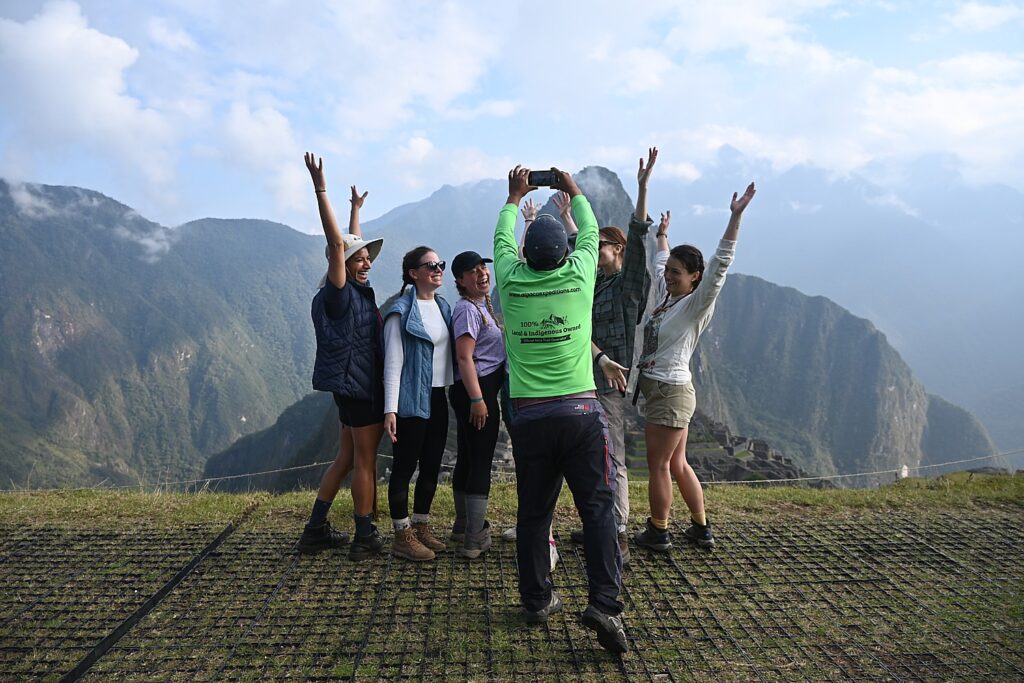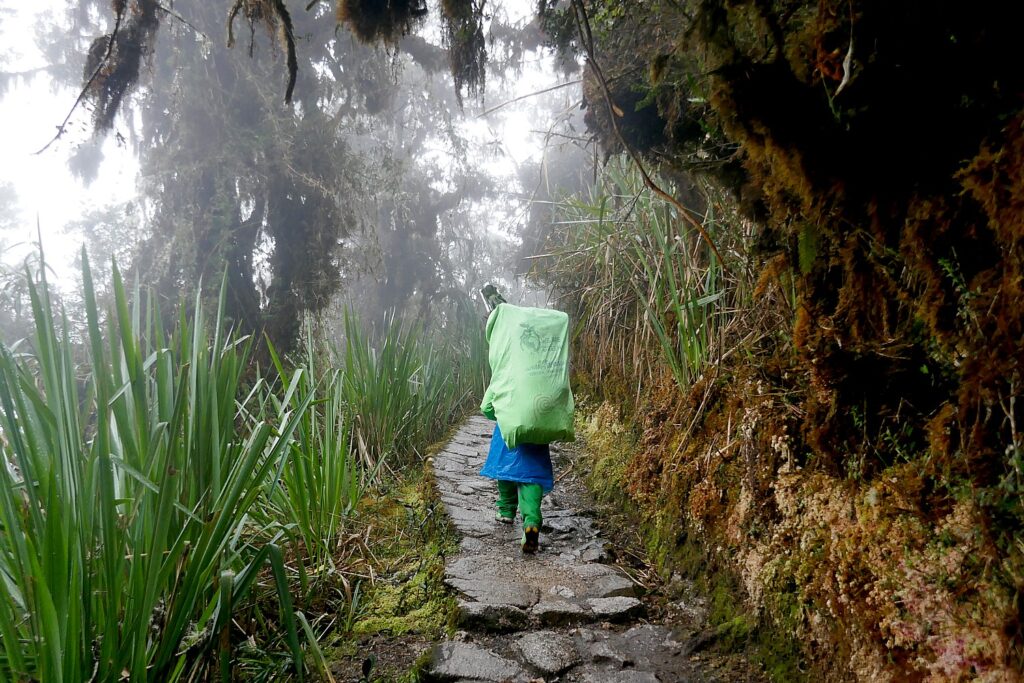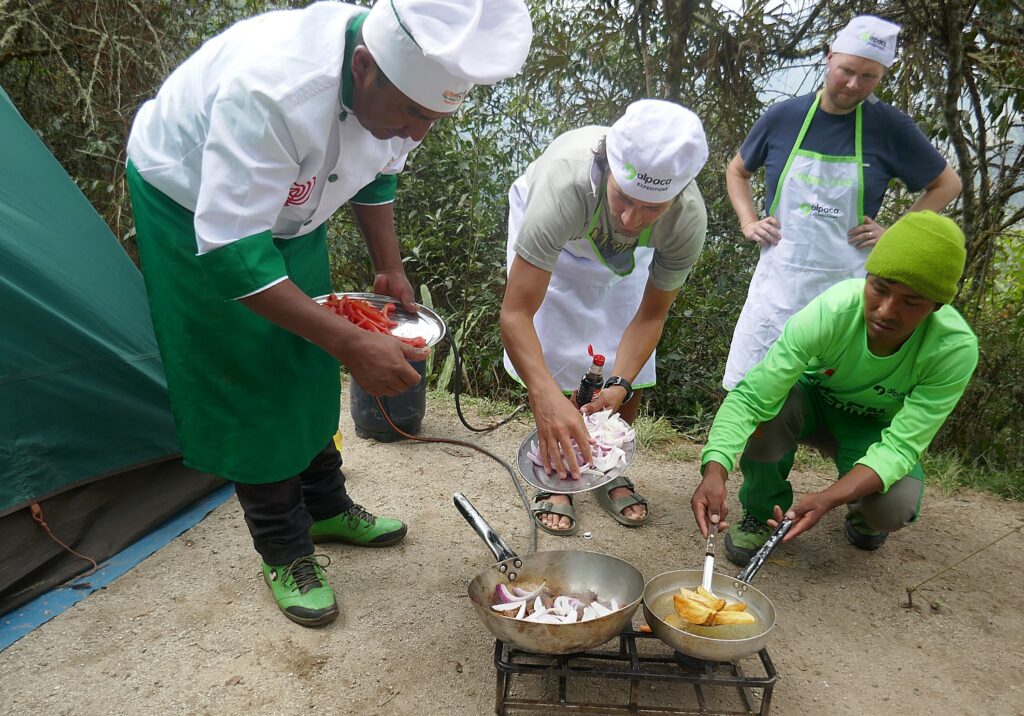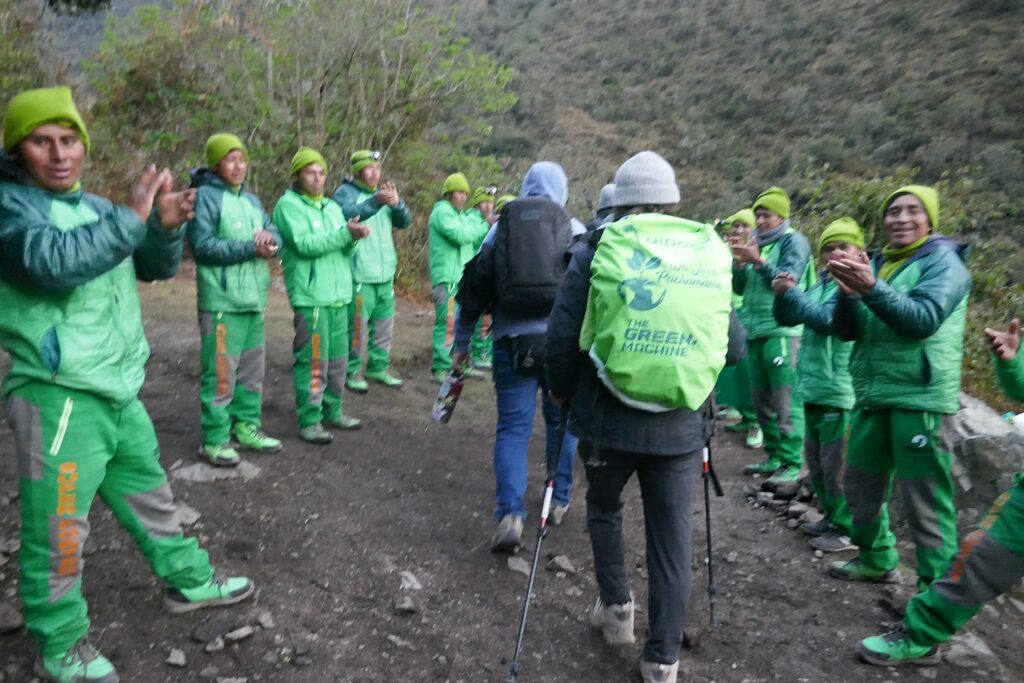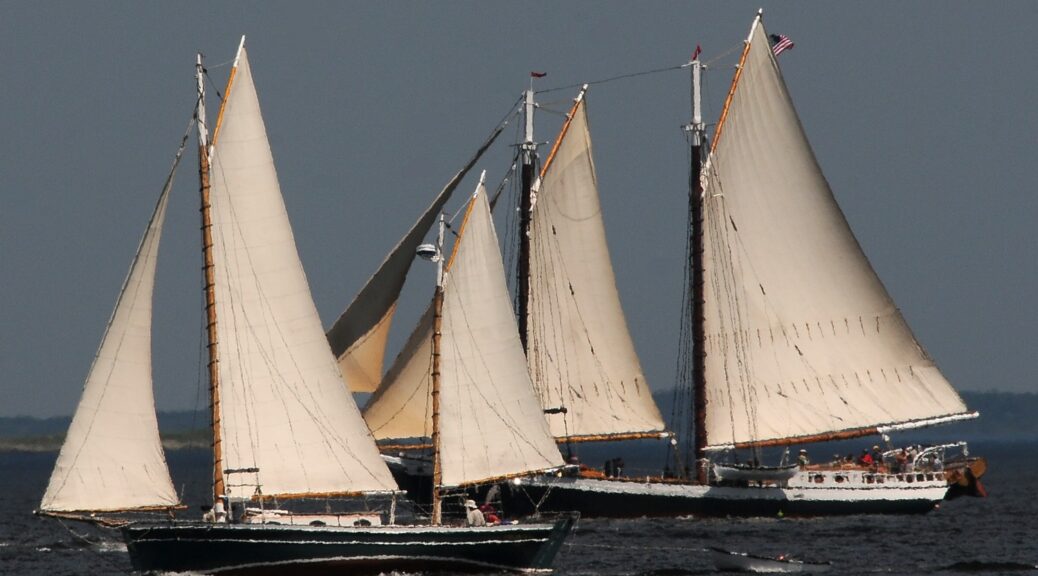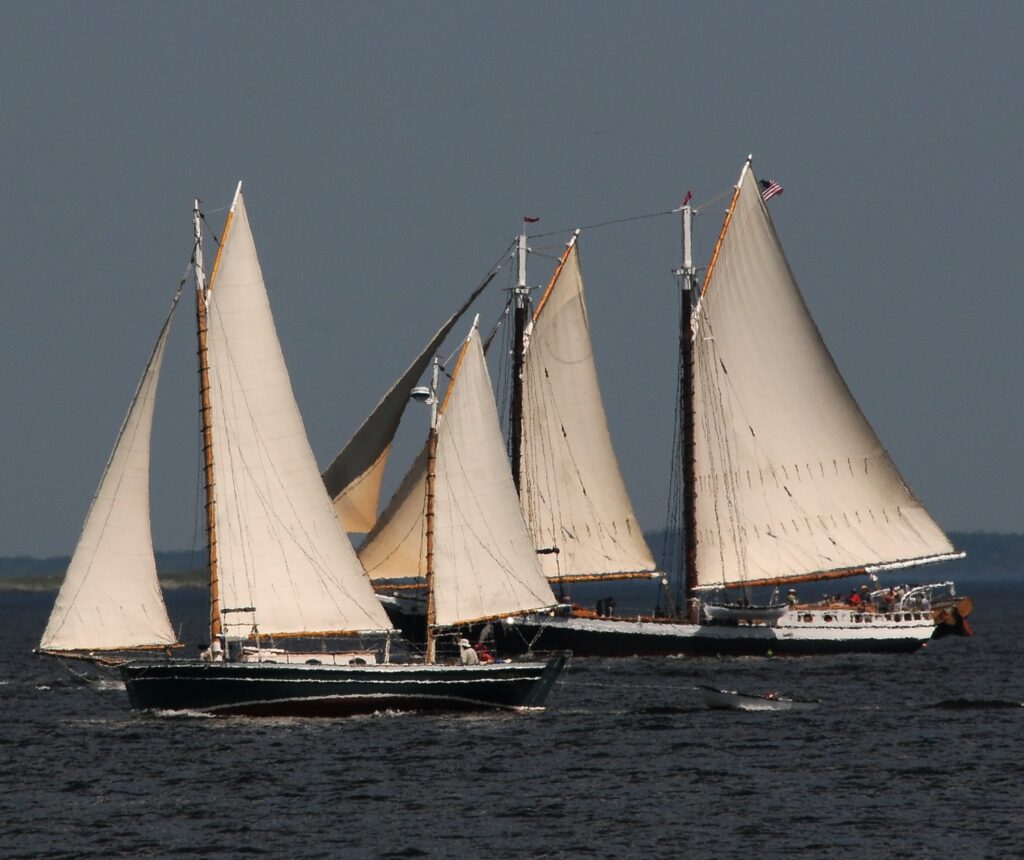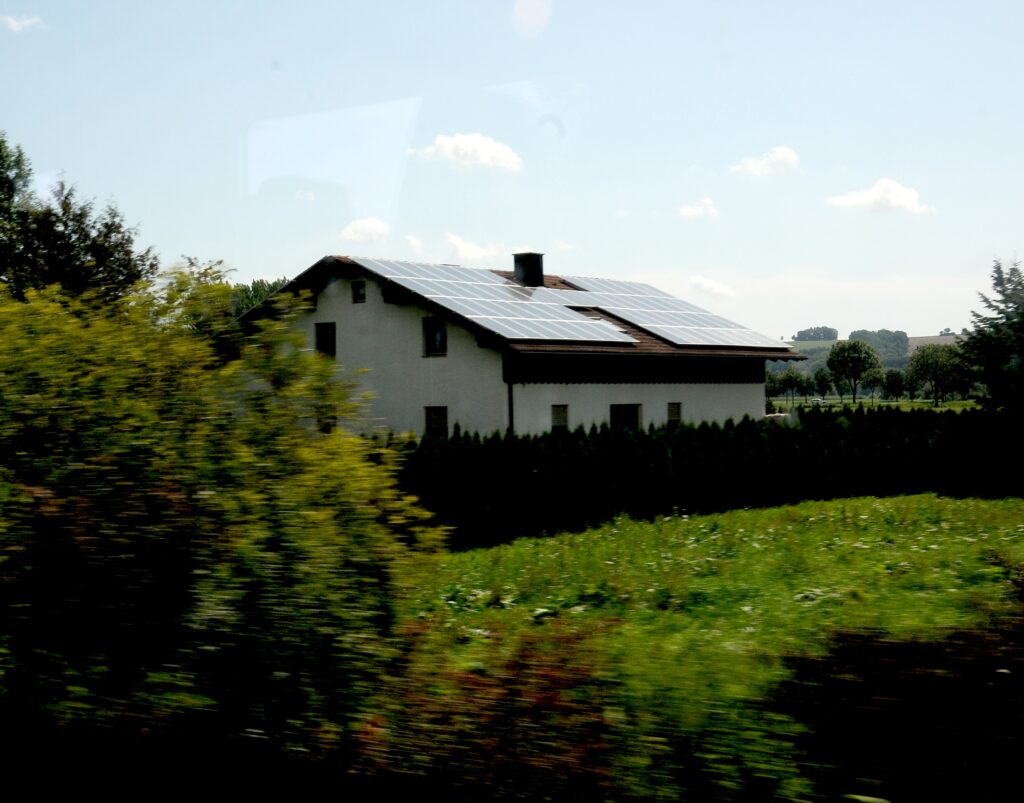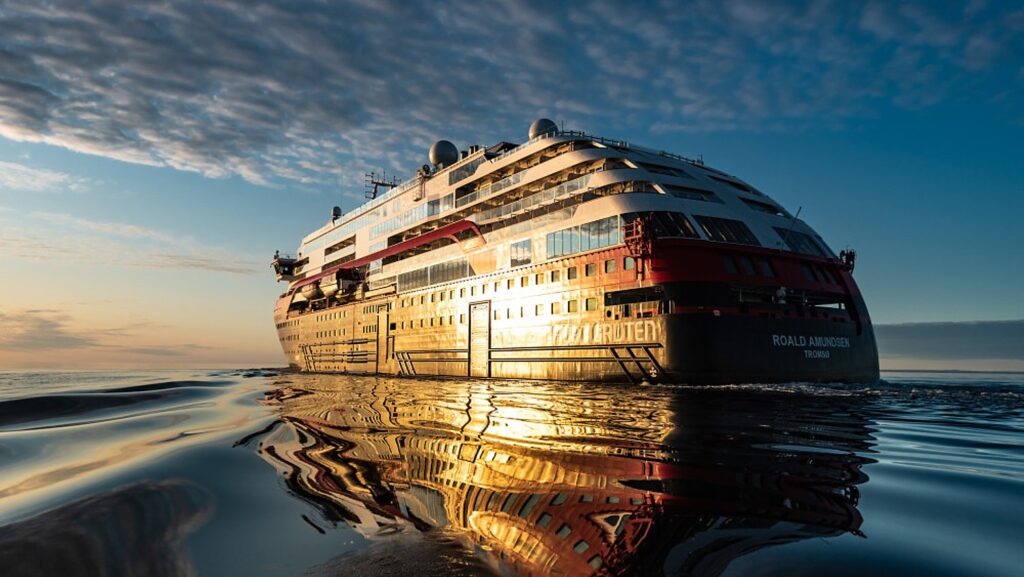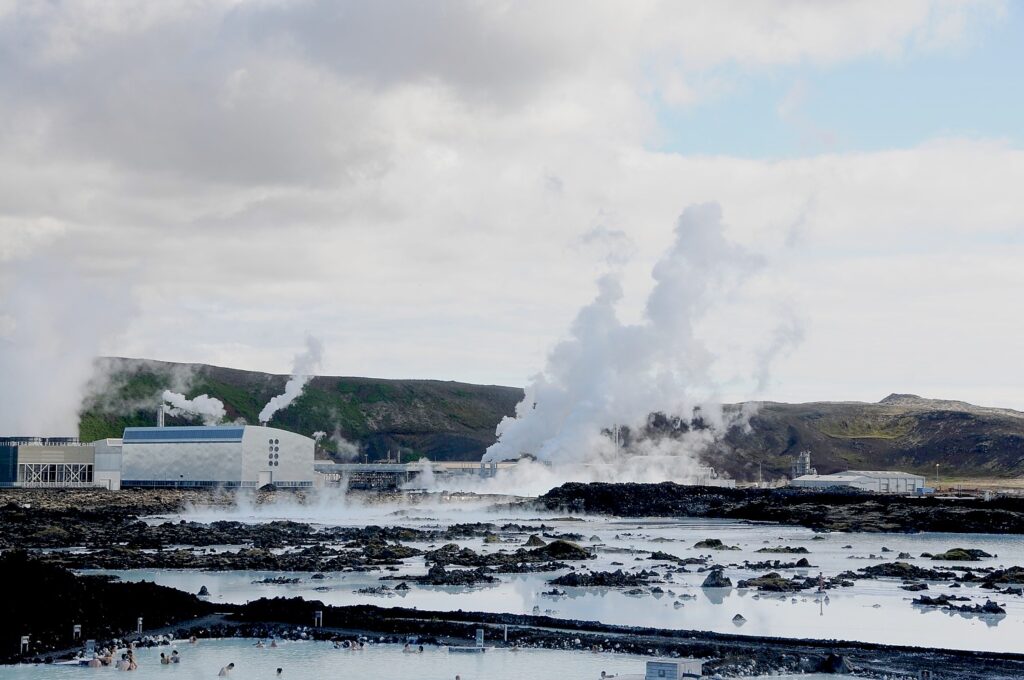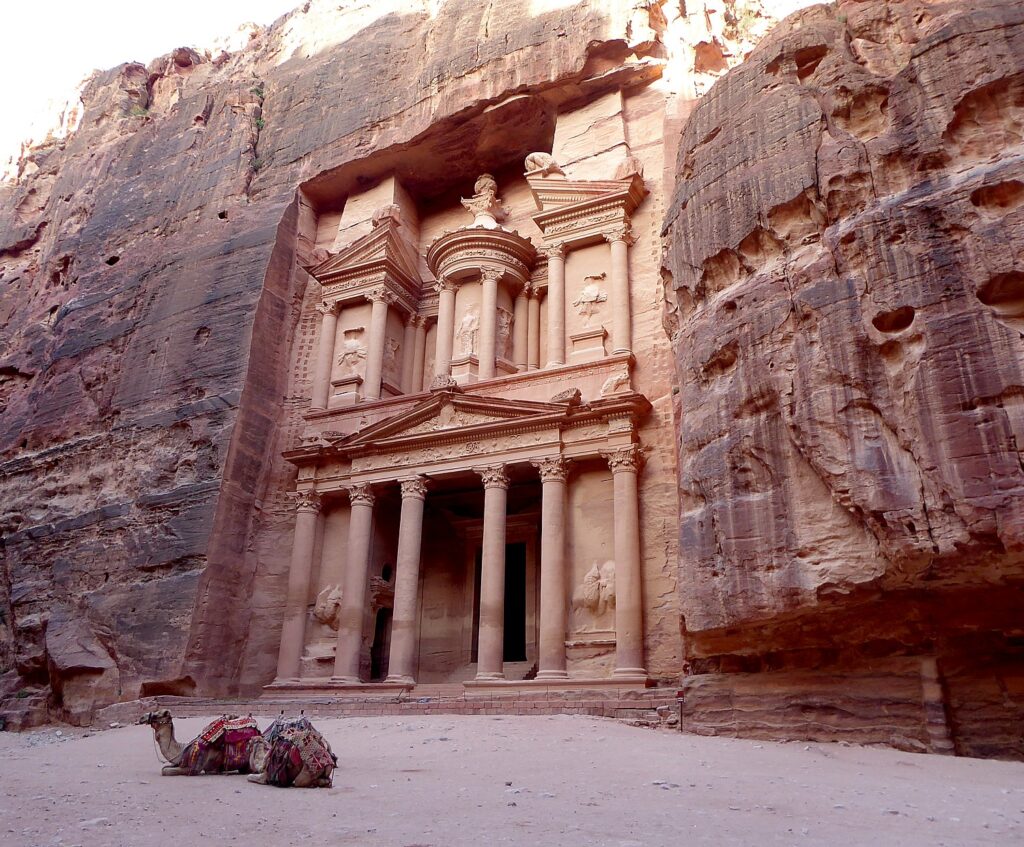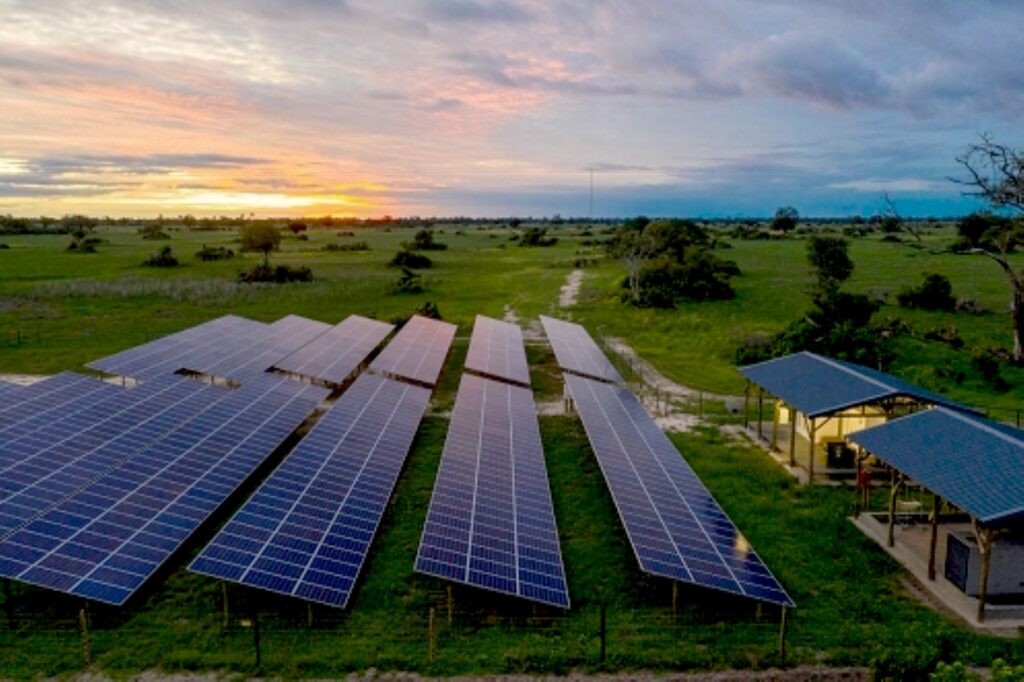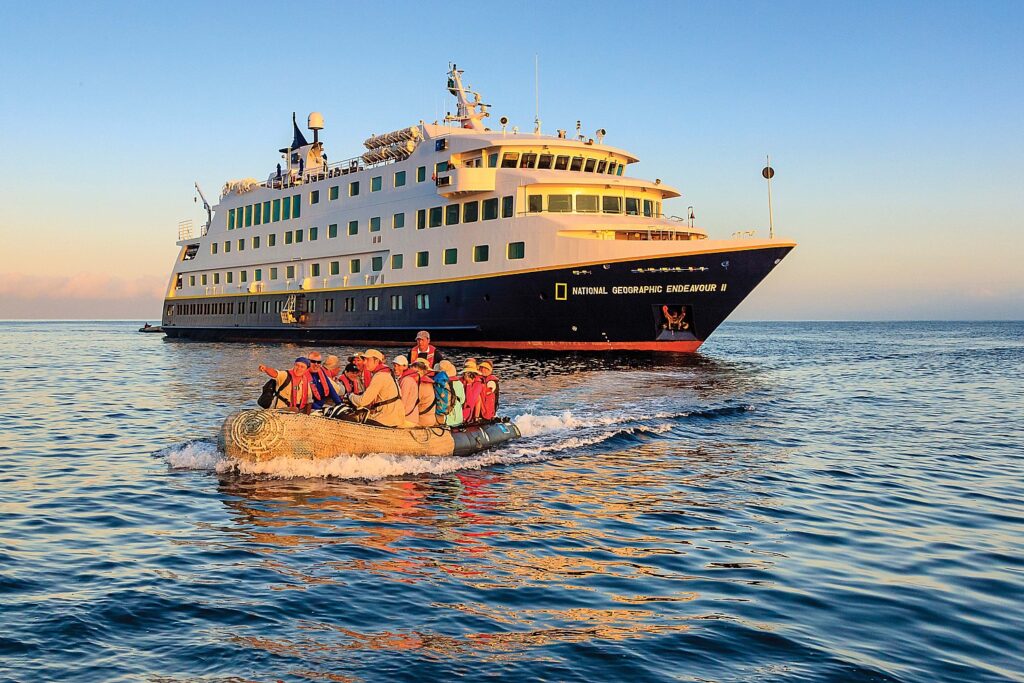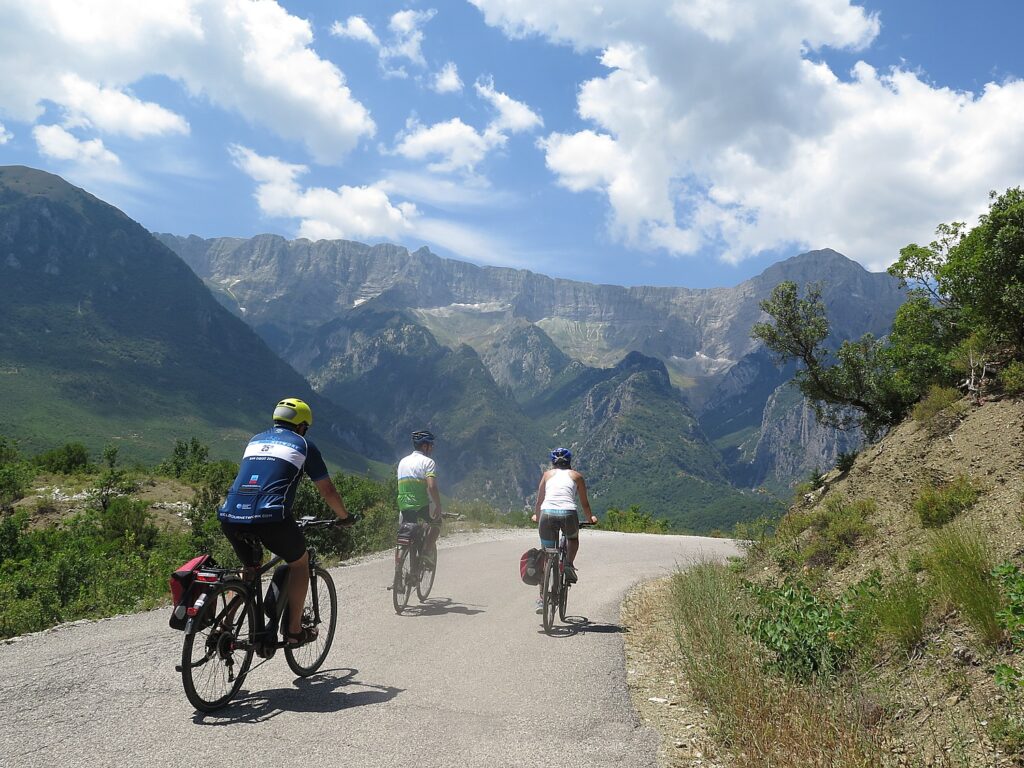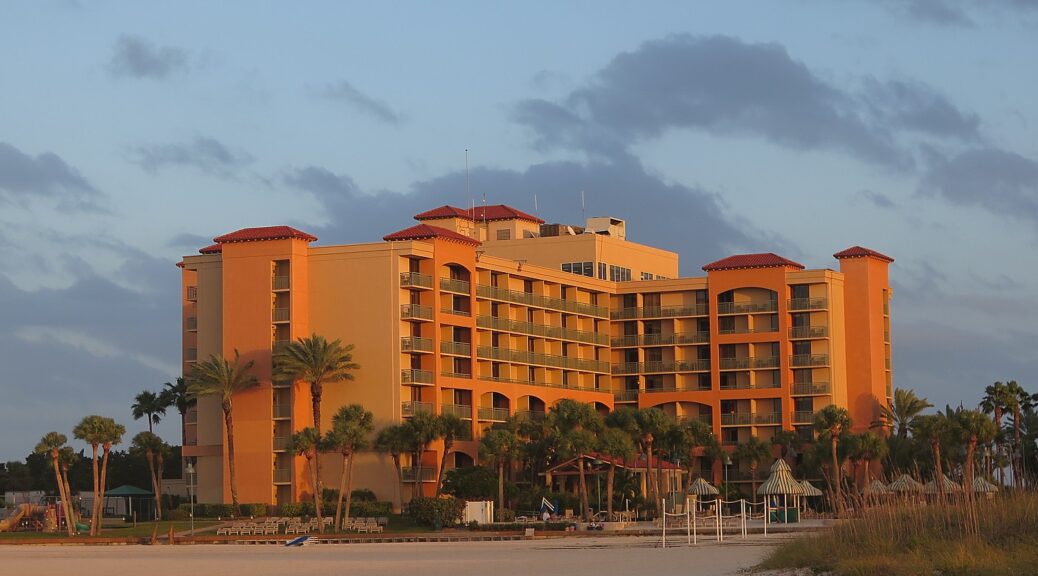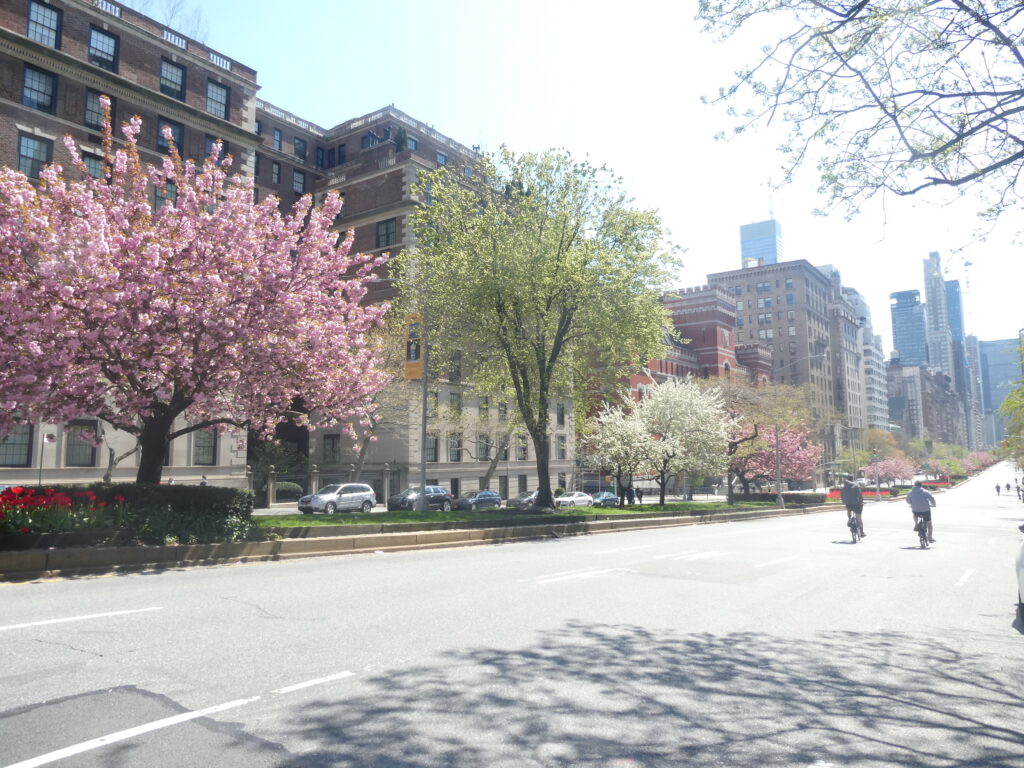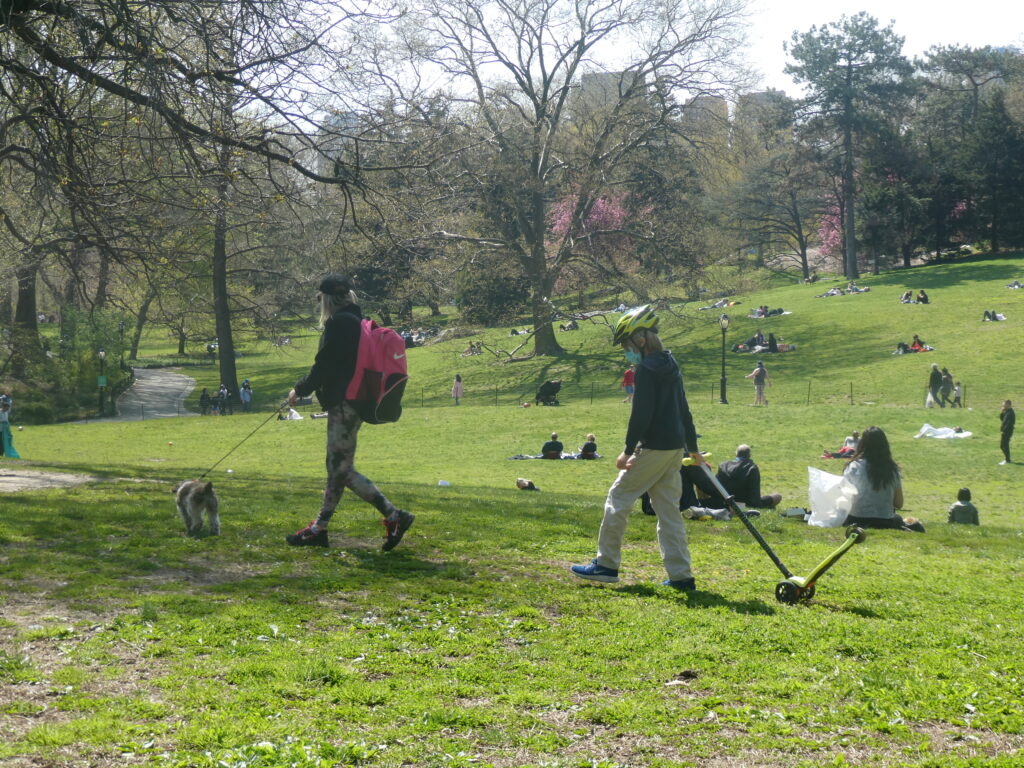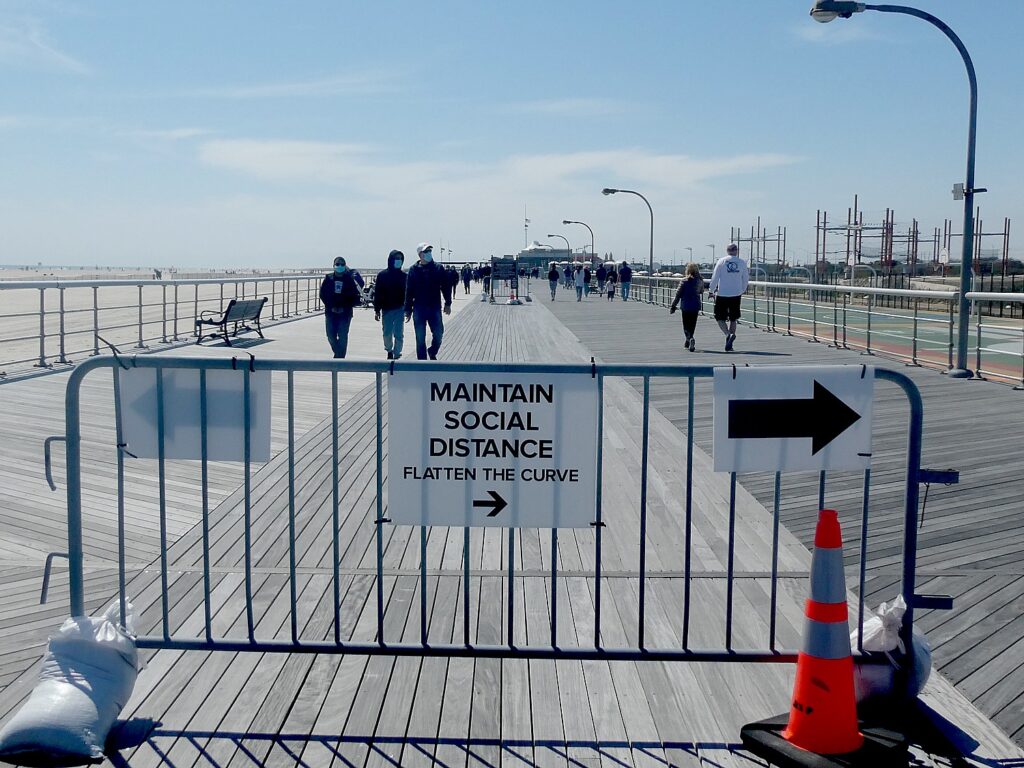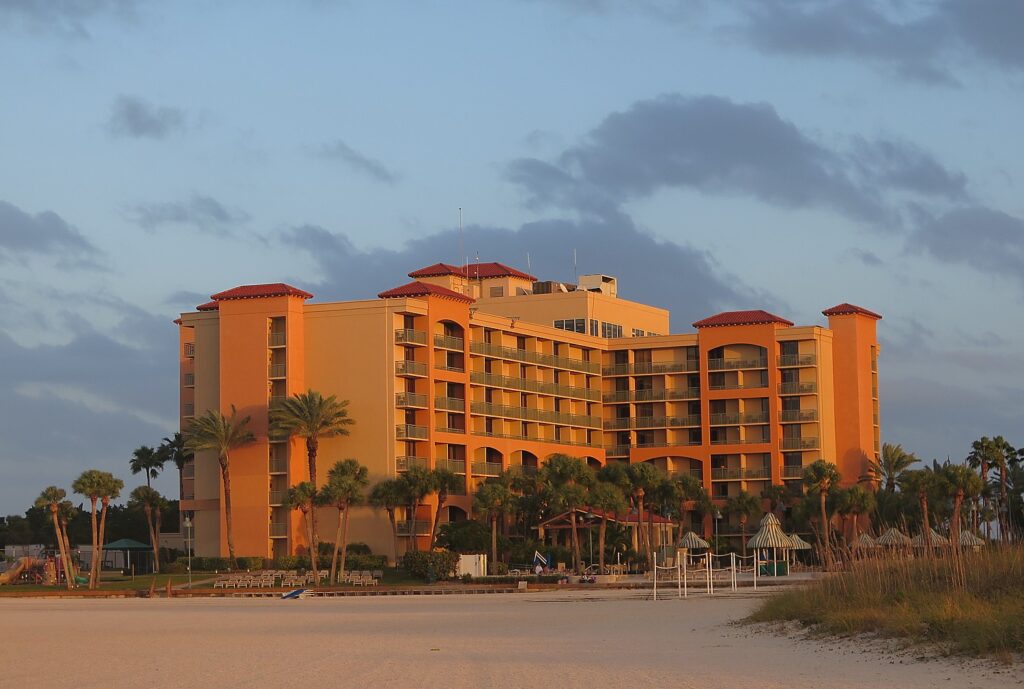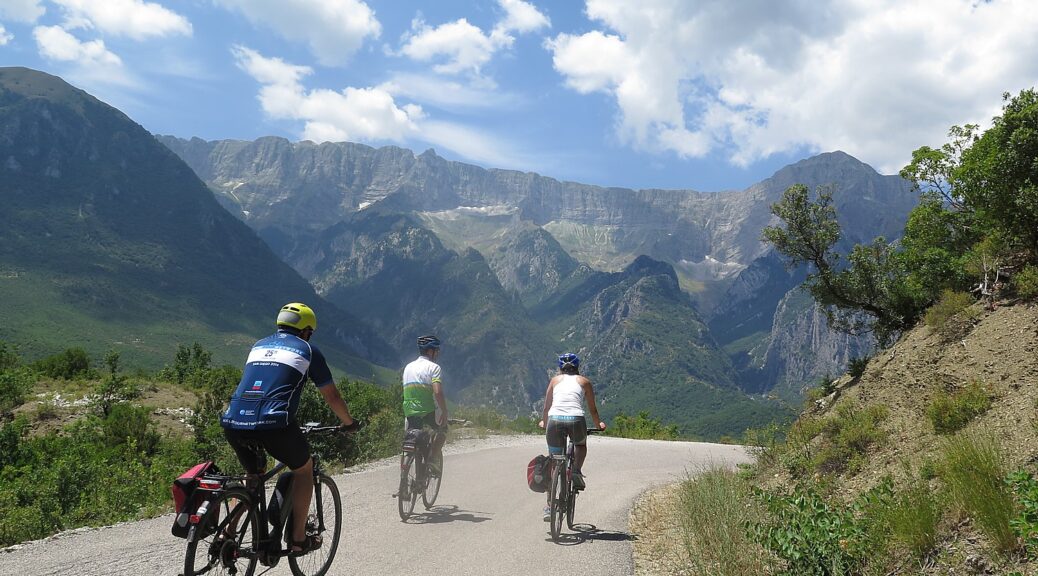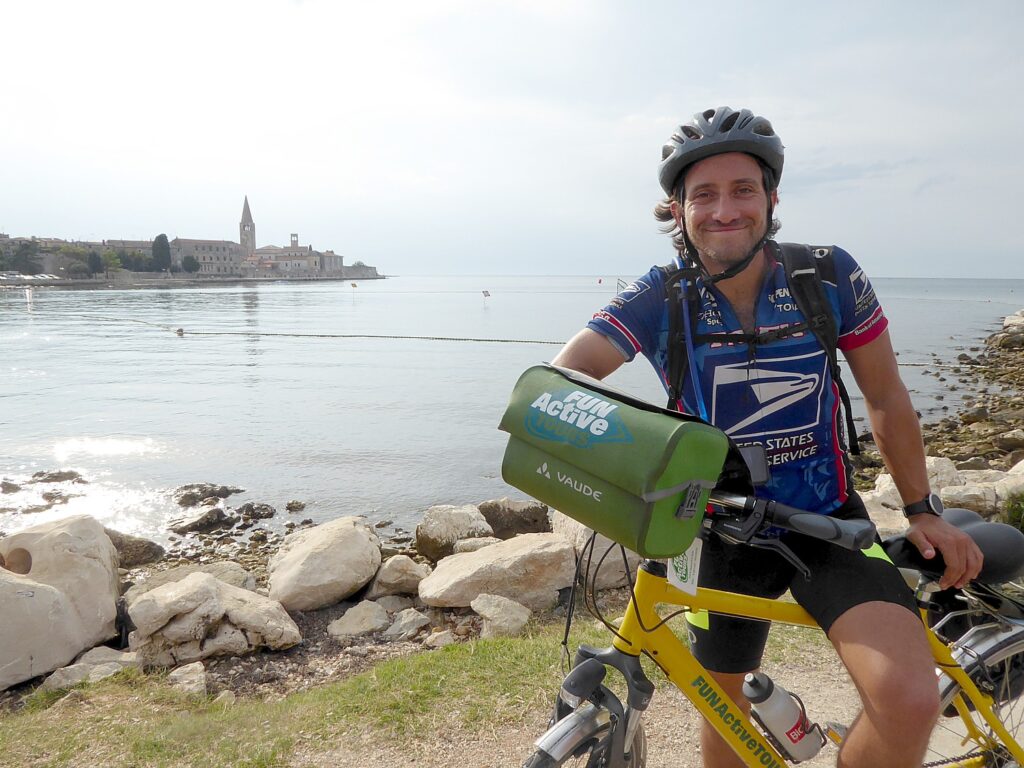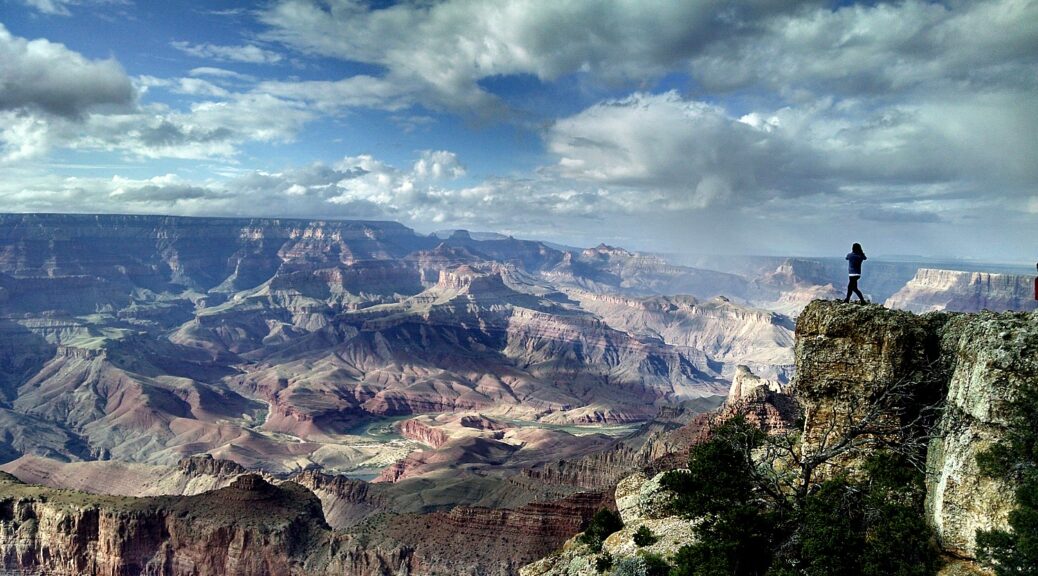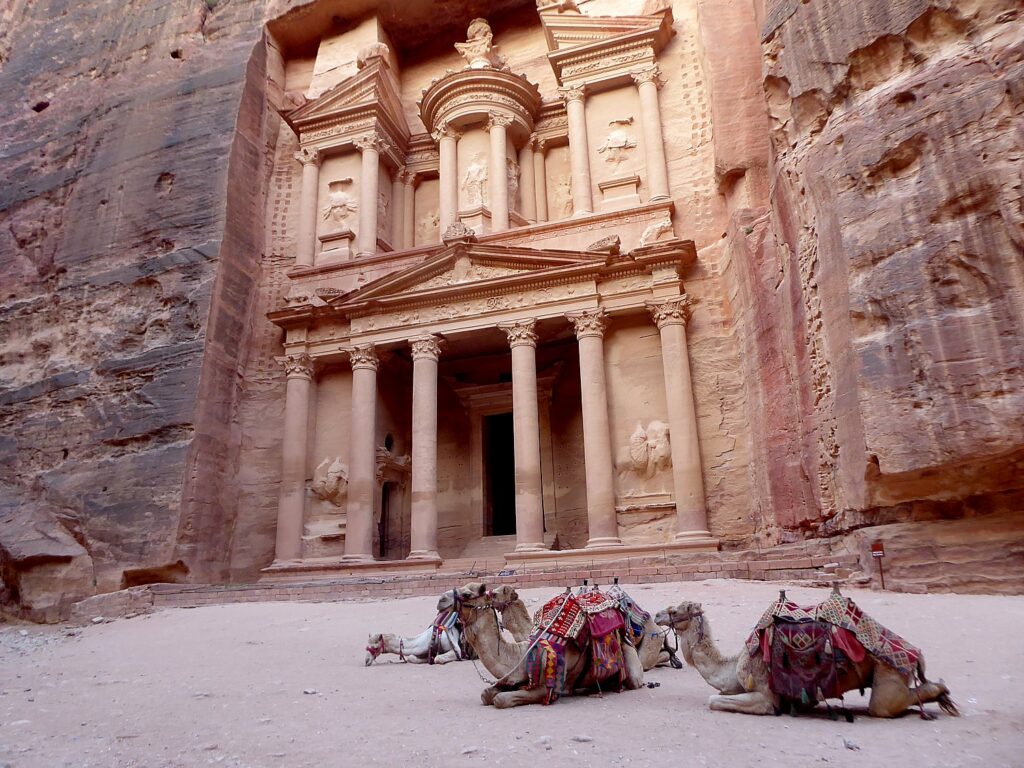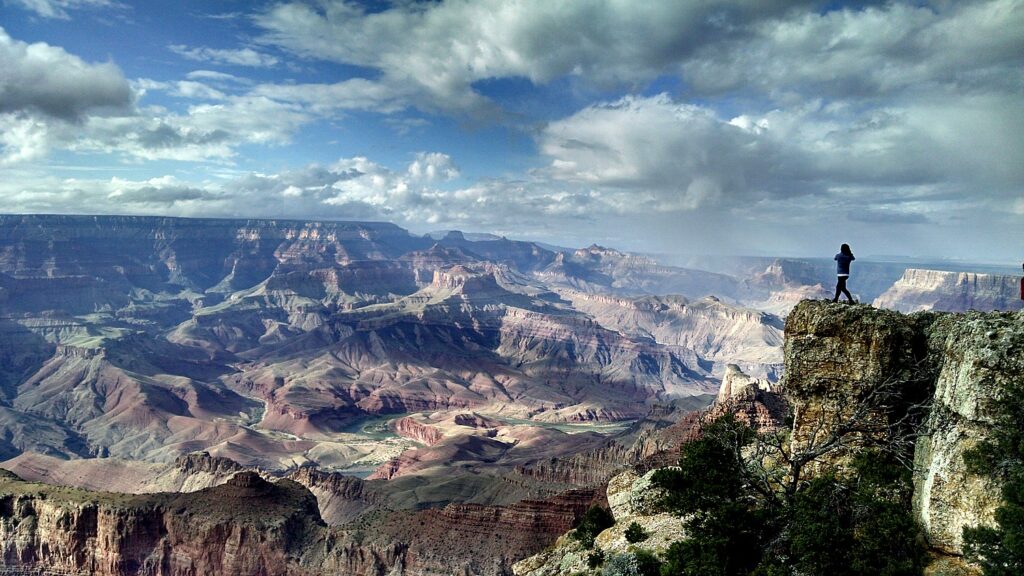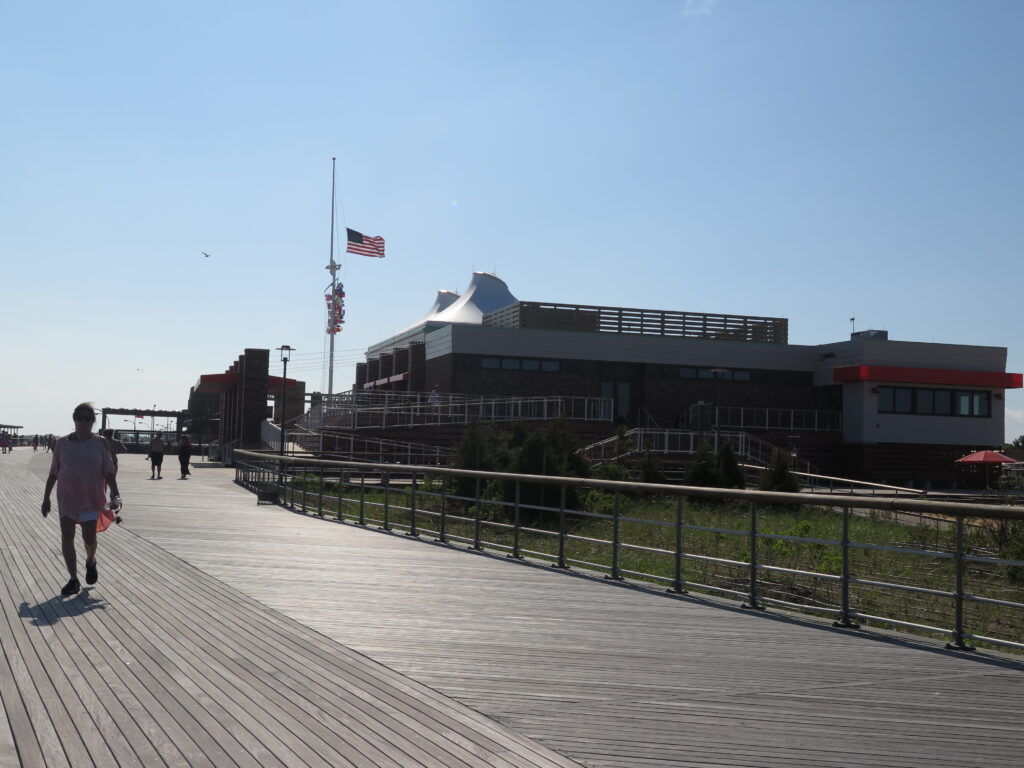
By Karen Rubin, Travel Features Syndicate, goingplacesfarandnear.com
It’s like this: travel is humanity’s best invention to promote the advancement of civilization. Travel is how ideas, innovations and progress, improved living standards and quality of life are spread among peoples, as Marco Polo proved. Travel is humanity’s best hope for peace and cooperation instead of zero-sum annihilation, as people from different places see and appreciate that we are more alike than different, and appreciate the differences. Travel is a community’s best hope for providing the economic underpinnings that provide jobs, upward mobility and enable people to stay on ancestral lands, have the funds to preserve and protect the environment, culture and heritage, and yes, make the adaptations and mitigations to prevent the ravages of climate change. Indeed, just as the travel industry has led the way with e-commerce, yield management, and loyalty programs, the industry – the third largest in the world – is leading the way on climate solutions,
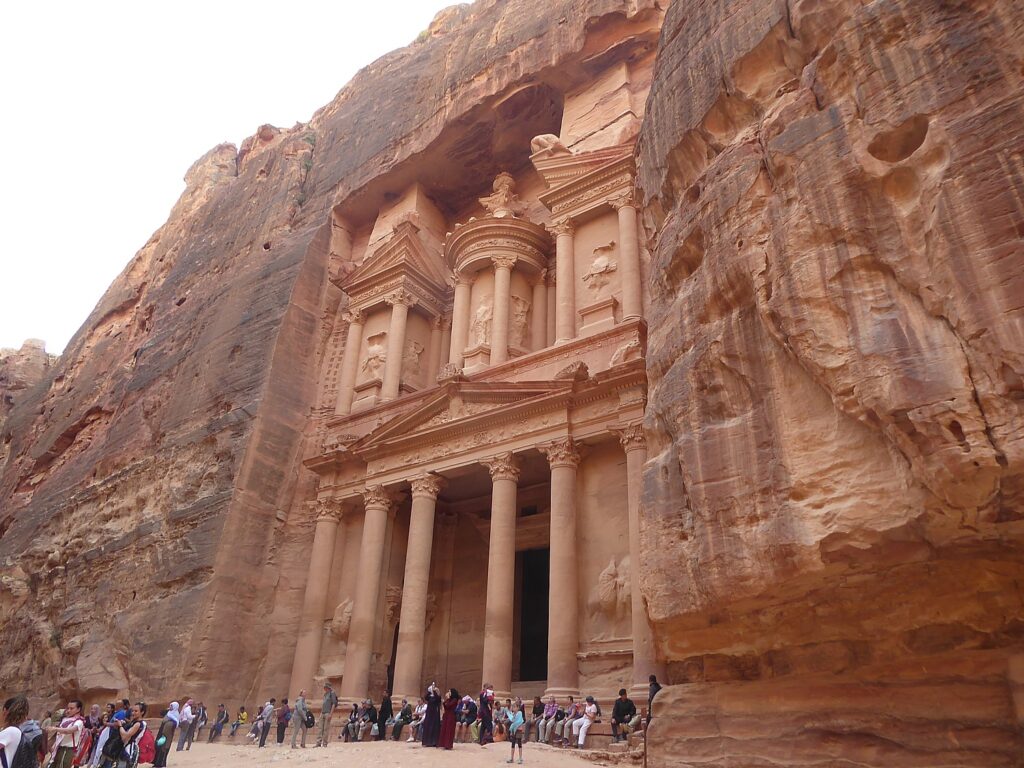
Travel also is life-enhancing, enriching, potentially life-changing and among the best therapies against despair – providing a conduit for forging social connections, self-improvement, overcoming fear, anxiety and apprehension by fostering understanding and empathy, broadening perspectives. The experience of travel fosters resilience, self-confidence, self-reliance, adaptability, forges lasting bonds of family and friendship and broadens perspective and outlook.
That’s not just me saying it. It’s what travel experts with collective experience of decades (including myself), have seen and experienced firsthand.
“When we travel, experience the world, it changes us in a deep and profound way,” Pauline Frommer of frommer.com, told a standing room only audience at the most recent New York Travel & Adventure Show at Javits Center. “Right now we live in such a divided word – different facts inform our view but when we travel, we see the truth on the ground, that other countries have something to teach us, we can bring that back, and present an impression of America that is positive in places that may not have positive impression of America. Even with climate change, travel is one of the best tools in our ongoing search for creating world peace. So have wonderful, relaxing vacations, but your trips also can be meaningful and you can make a difference when you travel.”
“Consume news, but don’t let that make you a frightened person,” advises Rick Steves of ricksteves.com. “Be outward looking. If we want world to be peaceful, we have to build bridges. We can be challenged and stimulated by smart people who do things in smart ways. We can celebrate the Moroccan dream, the Bulgarian dream, just like the American dream – there is room for lots of dreams, As a traveler, we get to enjoy them all….[If we want a world of] peace and stability, the most powerful thing we can do as individual Americans is to travel and get to know people.”
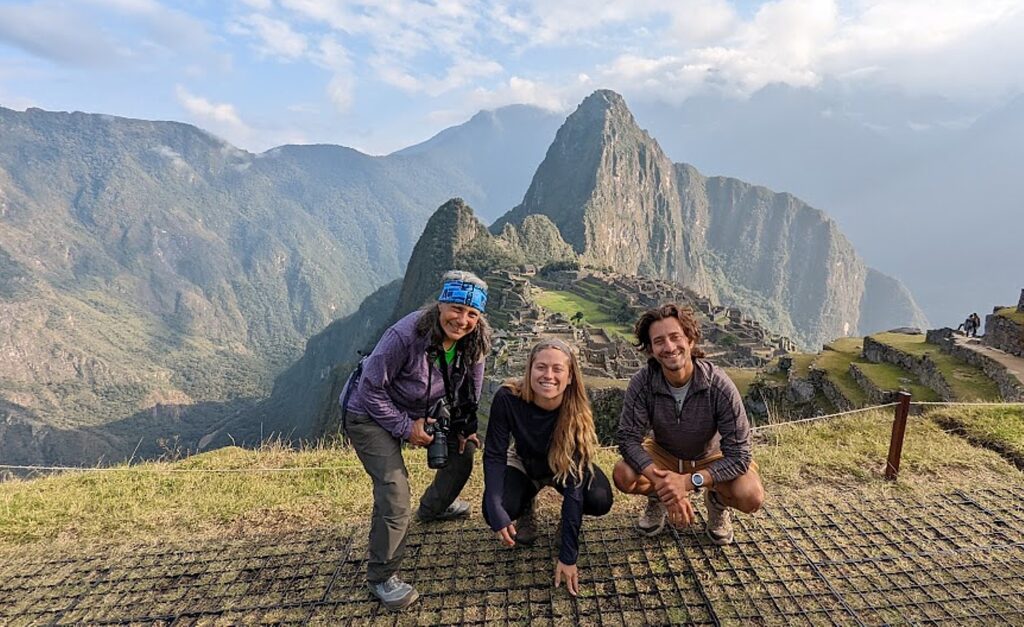
The COVID pandemic reinforced the value of travel – the three years of lockdowns and constrained travel upended local economies, while shutdowns that kept people from traveling underscored the human need for connection, for renewal, for new horizons to broaden perspectives.
“A life lesson we took away from COVID and postponed pleasure is that there is never a guarantee that we will be able to travel tomorrow or next year- our health, our need to care for people, political situation, climate disasters. Carpe diem,” says “1000 Places to See Before You Die” author Patricia Schultz. She reflects on the places that she had included but have had to drop off her list recently – Ukraine, Syria, Iran even Jerusalem. “The lesson from this image [of people at the Western Wall] is carpe diem – if some place is on your bucket list and you think, well, the Pyramids will always be there, guess what? Don’t take anything for granted.”
And so with the pandemic in the rearview mirror (at least for now), people are traveling with furor and we are back to worrying about being crowded out and the potential impacts – and actions to prevent – overtourism. COVID-generated technologies and policies for advance purchase, capacity control are here to stay.
The excitement for traveling to the four corners of the globe and in every style, from decompressing on a beach, to joining an expedition to see gorillas in Uganda, to standing up for Ukraine by showing up in Ukraine, was evident at the New York Travel & Adventure Show, where booths were crammed and talks by experts including Rick Steves, Peter Greenberg, Pauline Frommer, on traveling smart, well and meaningfully were standing room only.
But because there is a whole world out there, you can make choices of where and when to travel. Don’t like crowds? Try to visit a destination when less crowded (though there is less of an “off-season” or “shoulder” season these days); find the “hidden gems” that offer as much atmosphere, experience and character; visit attractions either very early or later in the day (to avoid the hoards of cruise passengers and daytrippers); overnight in those charming, historic cities and villages (preferably in or within walking distance of the historic district) so you are there in the early morning and the evenings to enjoy the stillness and light without the hoards of cruisers and daytrippers; and pre-purchase tickets, city/museum/attractions passes so you don’t waste valuable time and money standing in line to purchase tickets. Climate and weather also have become major issues that should factor into where and when you travel.
Their message: By all means, experience the highlights of a place, but go further afield to seek out local experiences, opportunities to visit or stay in neighborhoods. Be a mindful traveler, a purposeful traveler: enhance the experience by learning the background, the stories and back-stories, hire a local guide, take a “free” walking tour (you basically tip the guide), sign up for some volunteer opportunity to give back to the community; seek out those tour programs that provide immersive opportunities to engage with locals.
The Pont du Gard aqueduct, for example, is the most-visited ancient monument in France. A UNESCO World Heritage Site, it is one of the best-preserved Roman sites in the world. Most people see it as a pretty photo op and do not understand how innovative the engineering was – how the Romans brought water from 30 miles away – and what a difference it made in the lives of people who didn’t have to spend hours of their day in pursuit of water.
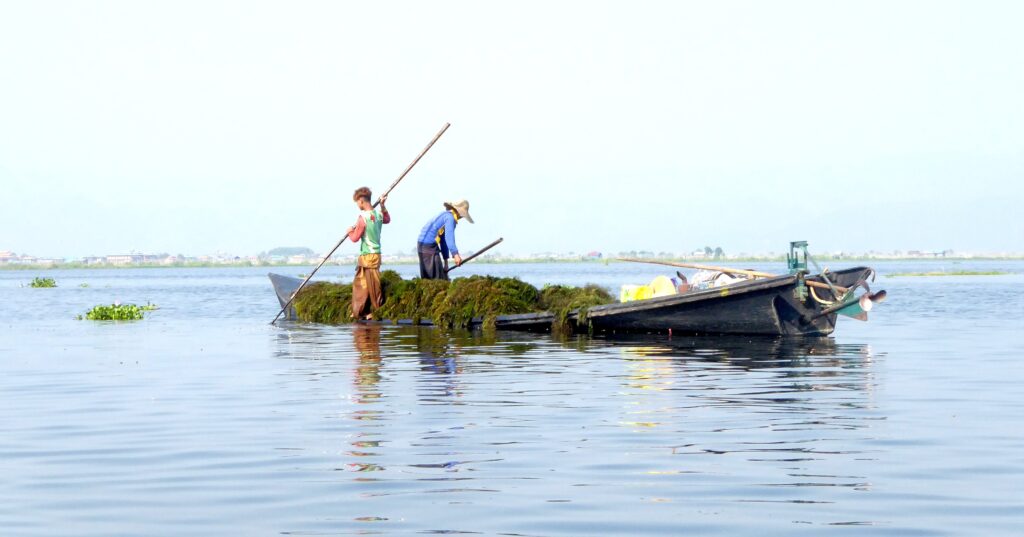
“For a lot of tour groups, it is just a pretty bridge, a potty break, a souvenir stand. [But learning the backstory], humanizes this site,” says Rick Steves says. “How to carbonate the travel experience is about how to connect with people..Too many tourists sit on folding chairs watching yodeling on stage, but not connecting, and back in the hotel, only interact with other Americans. It’s a vacation, to be sure, but what is missing is what it means to travel.
Steves urges travelers to “get out of their comfort zone, to see culture shock not as something to avoid, but as the growing pains of a broadening perspective.”
“Become a cultural chameleon – physically change from culture to culture because it’s different.” That means going to where the locals hang out in the evening, drinking Ouzo in Greece, whisky in Scotland, tea in England, red wine in Tuscany, beer in the Czech Republic.” Go three blocks off the main drag to find the restaurants popular with locals; for some meals (breakfast, lunch) go to local groceries and markets and picnic. Seek out the family owned two-star hotel, inn, lodge, hostel or AirBnB – that not only saves money but adds enrichment because of a more “authentic” experience.
Pre-planning is the way to mitigate wasting time and money in line or with crowds.
“There are two types of travelers: those who wait in lines and those who don’t. Think carefully of minimizing lines,” Steves notes.

Before you go: get an idea of the attractions and sites you want to visit (I query “Three days in….” at TripAdvisor and other travel writers to get some idea). Then, go to the attractions’ websites to get all the visitor FAQs (can I take a water bottle into the Vatican; a backpack into Le Louvre – not likely after the latest incident of vandalism against the “Mona Lisa”). As soon as you have your travel dates (that is, your air fare), immediately reserve the tickets– if the attraction is a highlight for you it is a highlight for most others. Your priority places will set the framework for your itinerary, and the time saved by not waiting on line can go to those serendipitous experiences and discoveries. The same with restaurants you have your heart set on frequenting – book a reservation as soon as you settle your dates.
Take advantage of city passes, museum passes (a must for Paris) and attractions passes from companies like GoCity.com and CityPass.com, as well as the passes offered by the cities themselves, like the PragueCoolPass.com. They not only let you breeze through, but give extremely helpful information about current exhibitions, hours, directions, visitor information.
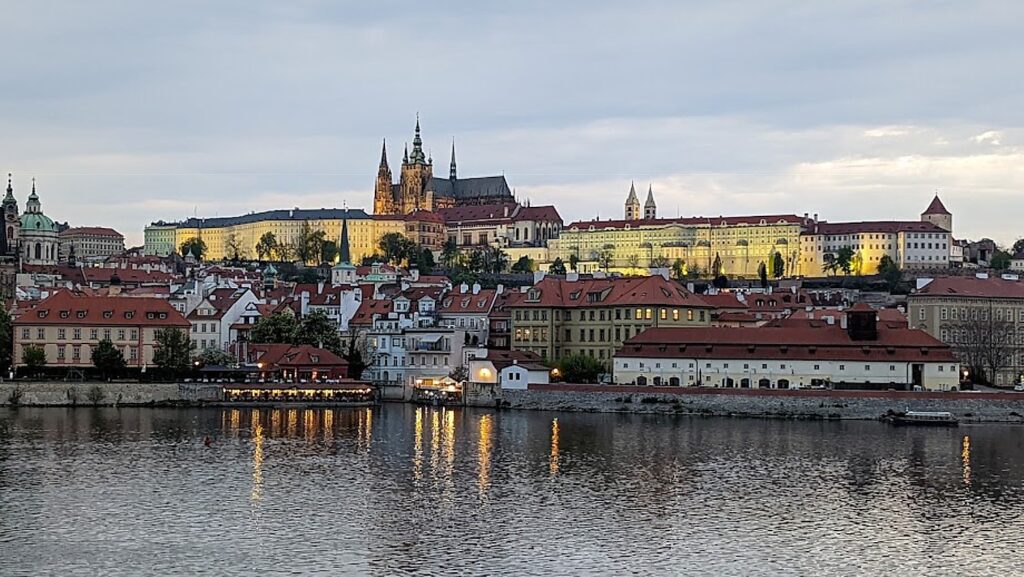
Try to book the earliest opening hour of the day in order to minimize the crowds, but in any case, book the earliest time available in order to have the most amount of time.
If you are visiting an outdoor site like the Acropolis in Athens, avoid mid-day when it is not only hot as blazes, but overrun with thousands of visitors who have come off cruise ships or day trippers. Come either as soon as the Acropolis opens in the morning, when it is cool and uncrowded, or at the end of the day (as I did), when the light is a gorgeous golden, the views of the city are amazing, it is cooler and the biggest crowds have left.

This is also the advantage of overnighting in the most charming cities like Bruges, Strasbourg, Seville, Venice, Prague, Amsterdam, Fez and important sites like Petra – choose a hotel in the historic district that is walking distance to everything but you get to enjoy in the early morning and evening when the lights/lighting/colors are so amazing, the canals like mirrors, the city streets are quiet and empty, before the onslaught of cruisers and daytrippers.
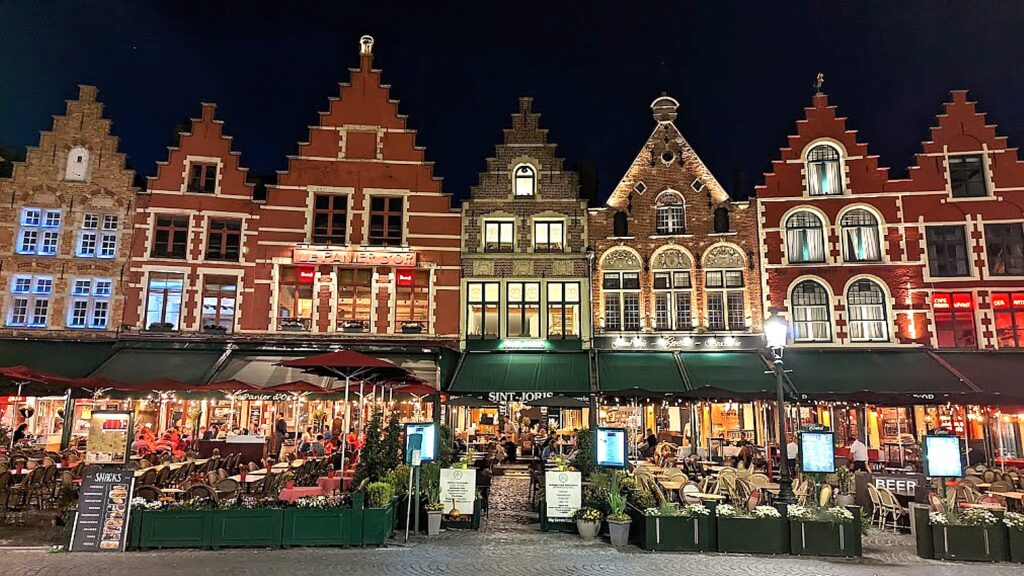
Take advantage of “free” walking tours in cities – local guides work for tips. These are great way to get an orientation. Search “free walking tours” and read the reviews.
Also, in major cities like Paris and London, you can buy mutli-day transit tickets for the train/bus (you can also do bikeshare), so that instead of paying the price of a taxi or Uber from airport into downtown, you can purchase the pass that includes the train or tram from the airport, and not have to wait on lines to purchase individual tickets from machines and deal with the confusion of zones and station names.
Searching muiti-day tour finders is a great way to get an idea of how to organize your time, what to see, what you should pay, and find tour programs that might best meet your needs. Frommer recommends Travelstride.com and Tourradar.com. These marketplace sites, she notes, can introduce you to local companies instead of the big-name tour operators.
Considerations for choosing the right tour company: price (per diem) is only one consideration, also consider what is inclusions (all meals aren’t necessarily a good thing, you might prefer to be able to go off and find those local favorites instead of a restaurant that caters to foreign groups); traveling companions (it is fun to travel with people from other countries, not just Americans); expertise of the guide; demographics of the tour company (often there are family itineraries; women-only; solo travelers; small groups (EF Tours, Audley Travel); price (luxury versus mass market) and age such as younger travelers (Contiki) versus older (Road Scholar) (visit www.frommers.com: How to pick the right tour company for you”).
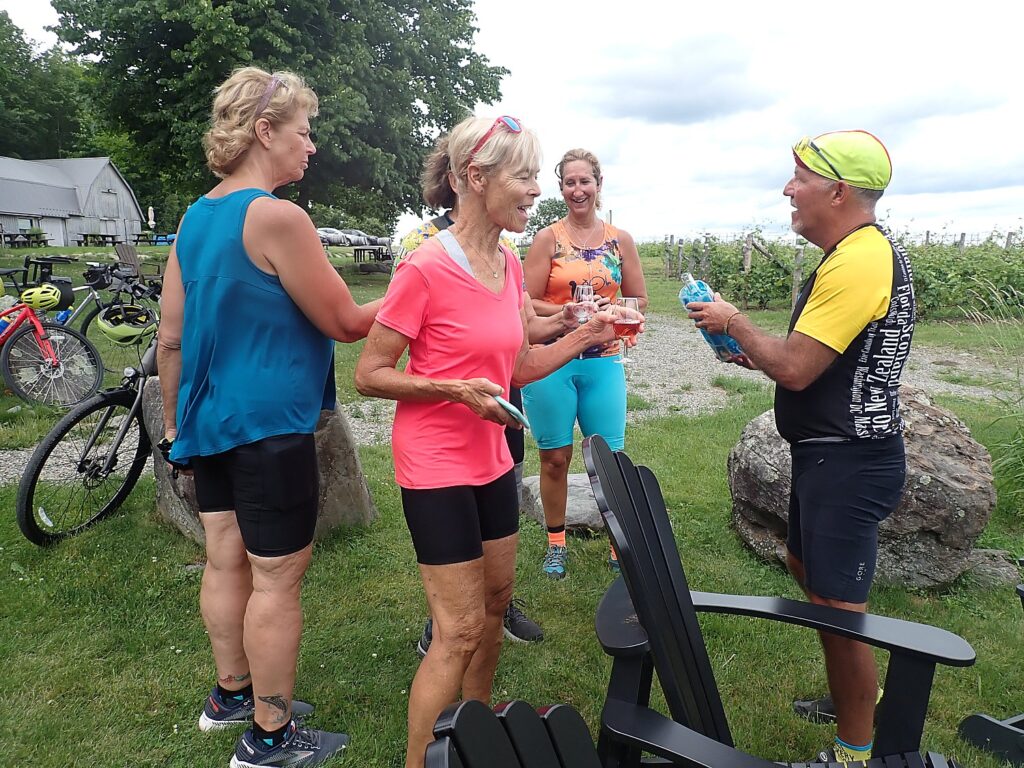
To find day tours, attractions, guides: Getyourguide.com; airbnb.com/experiences; tripadvisor.com. Foodies could look to TravelingSpoon and Eatwith. I like contexttravel.com.
Also be sure to pre-book rail (for example, raileurope.com) and bus transportation (flixbus.com is terrific) between cities. Find schedules at Rome2Rio.com.
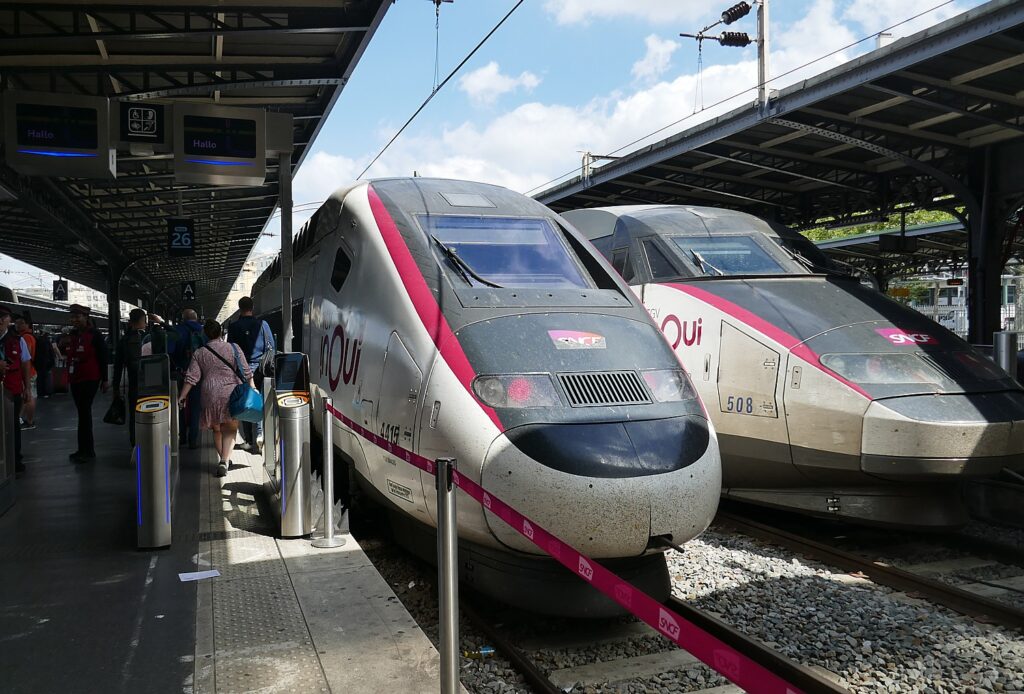
To find the best airfares (always tricky), Frommer recommends searching Momondo.com/Kayak.com, Skyscanner.com, and CheapoAir.com. Momondo (and Kayak, which are owned by the same entity) tended to consistently find the lowest fares, and have filters that let’s you select for everything from the type of plane (if you wanted to avoid a Boeing 737 Max 9, or if you wanted to find the airlines with the cheapest fares with a checked bag.
But the experts also recommend that after searching for the best fares, you book directly with the airline, ”because if you book through a third party, you can’t rebook as easily as directly through the airlines” if there is some delay, cancellation or need to change. “Search but don’t book,” Frommer says.
Frommer also railed against “drip pricing” – the extra fees that airlines attach (even though Biden has waged a campaign against junk fees.) US airlines average $78 in added fees; European airlines average $58. So for United, the average is 122% of the base fare; for jetblue it’s 147%; but for Sun Country its 201% and for Frontier, its 376%, so the added fees can be higher than the fare.
When you search for an airline, Frommer consistently recommends you “Hide your identity” “Use a privacy setting on the browser, or use a different browser and different computer if you return to search fares” because the airline will track you, gauge your interest and post higher fares.
Also, there are optimum times to search and book:
- Purchase airfare on Sundays (6% cheaper domestic travel, 13% cheaper international)
- Book 28 days out (“the sweet spot”) for domestic travel (24% savings), 2-4 months out for international (10% savings)
- Start your trip on a Thursday (16% savings over flying on a Sunday)
- Fly before 3 pm (to avoid the 50% increased risk of being cancelled or delayed)
For best hotel rates, book 3-plus months in advance for resorts like Hawaii, Mexico, Caribbean, Florida but just one week before in business cities (New York, London, Paris, Denver). “It takes courage to wait to book one week before travel, so book a refundable room in advance, then search a week ahead of travel.”
“For first time in 20 years, I am having to research New Jersey hotels for people coming to New York City, because on September 18, the city got rid Airbnb, and all the cheap hotels are filled with migrants. Hotels were charging $900 in December compared to $129 in January for the same room.”
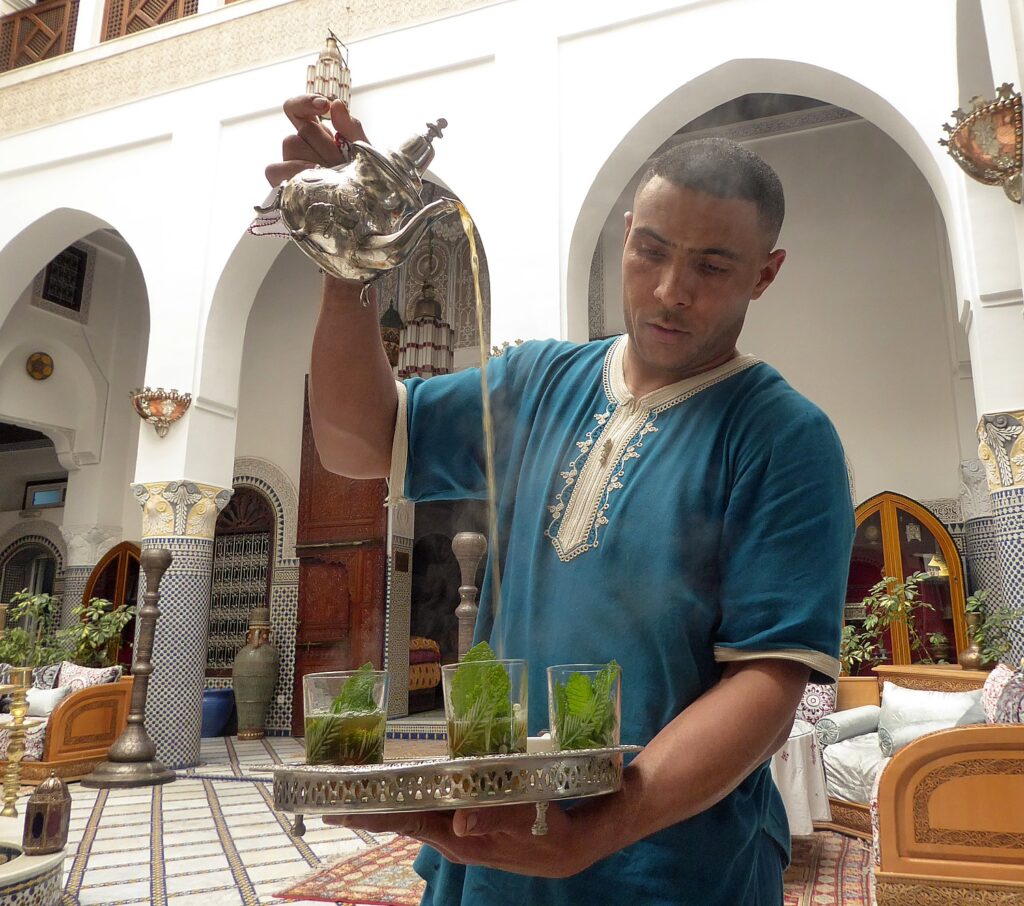
To find “secret hotel discounts, Frommer is recommending seeking out travel clubs like RoomSteals, the new Travel & Leisure Club, professional associations’ travel clubs – some which have fees to join – and @Hotel on Instagram (no fee to belong).
How do clubs have “secret: rates? “Hotel companies have contracts with Expedia, Orbitz, Travelocity etc. and are not allowed to offer publicly deeper discounts (more than 5-10%) than they give to expedia, orbitz). But if they can’t fill their rooms, they turn to the clubs.” On the other hand, the clubs often do not show as much information as you need about services and the like.
Also, Frommer notes, Airbnb isn’t necessarily a bargain over hotel rates. “Now because so many extra fees, a recent study showed in 48 of 50 states you pay more at Airbnb than hotel (two exceptions are Nevada and Louisiana). But AirBnB is great for groups, families, if you need a kitchen (and want to save money cooking), but on average, you no longer save money on a rental vs. hotel.”
On the other hand, Frommer has always been a big booster for home exchanges – where you actually trade the use of your home for someone else’s – a way to save money but also really live like a local.
“You can go anywhere in the world – a Paris apartment, a houseboat in Sausalito.” Among the exchanges are HomeExchange.com.
Pauline Frommer cautions about getting too cautious – fearful – of traveling abroad,
Pointing to the recent US State Department’s worldwide travel advisory in the wake of the Israel-Hamas war, she notes that Australia, Canada, France, Germany, Japan, Mexico, Uruguay, and Venezuela all have travel advisories against coming to the US because of the gun violence epidemic. “Venezuela thinks it is too dangerous to come here.” The State Department’s worldwide caution for Americans, is as if to say, “’Don’t travel anywhere, the world is too dangerous. That’s mind boggling. Yes, listen to the US State Department, read the cautions, but understand the rest of the world is terrified to come here.” There is a lot to listen to, though – such as where women of child-bearing age should be mindful of Zika, or where there is political instability or widespread crime, and urges travelers to enroll in the State Department’s “Smart Traveler” program.
The experts advise purchasing travel insurance and soon after you purchase your flights, so that you are covered if for some reason you have to cancel.
Pauline Frommer suggests looking for travel insurance that covers “Cancel for any Reason” (CFAR), includes medical evacuation and covers pandemics (policies do not necessarily cover “fear of travel” if there is a pandemic but a destination isn’t closed by authorities).
“Say the destination has a new strand of COVID but didn’t shut down, and you decide not to go – if you cancel with regular insurance, it won’t be covered – because ‘fear of travel’ is not included. A CFAR policy allows you to cancel for any reason – it’s more expensive, but will repay 75% of costs.
All the experts discourage purchasing travel insurance from the travel provider (tour operator, cruiseline), but to use apps that give you different policy recommendations based on your needs (date of travel, who traveling, age, destinations) such as Squaremouth.com, Insuremytrip.com and Travelinsurance.com.
“Inevitably the most expensive policy covers the least, but the best is usually in the middle,” Frommer advises. “Never ever buy from the travel company you are going with – if they go belly up, you’ve lost insurance too.”
Angel Castellanos (www.angelestravellounge.com) offered more tips on traveling smart with technology, like Google Fi (which makes its own SIM cards and has free international data roaming in most countries) and T-Mobile (which do not charge roaming fees for international calls; calls are 25c/minute; unfortunately, it is rare to get internet service with T-mobile abroad; you use the available WiFi) instead of having to pay for an international phone/data plan. Also, consider purchasing an international SIM card for $2.
For digital safety, he recommends installing a VPN (a virtual private network) on to mask your identity when you are on a public network, with digital thieves trying to steal passwords. He recommends ExpressVPN which works all over the world.
Flying, definitely register for TSA Precheck (costs $75, good for 5 years, and some credit cards rebate the charge), and CLEAR, which uses biometric data to verify your identify, and let’s you go directly from the kiosk to the front of the line “like a VIP. In certain airports that can make the difference in making the flight.” And several business credit cards like American Express Platinum rebate the cost of Clear.
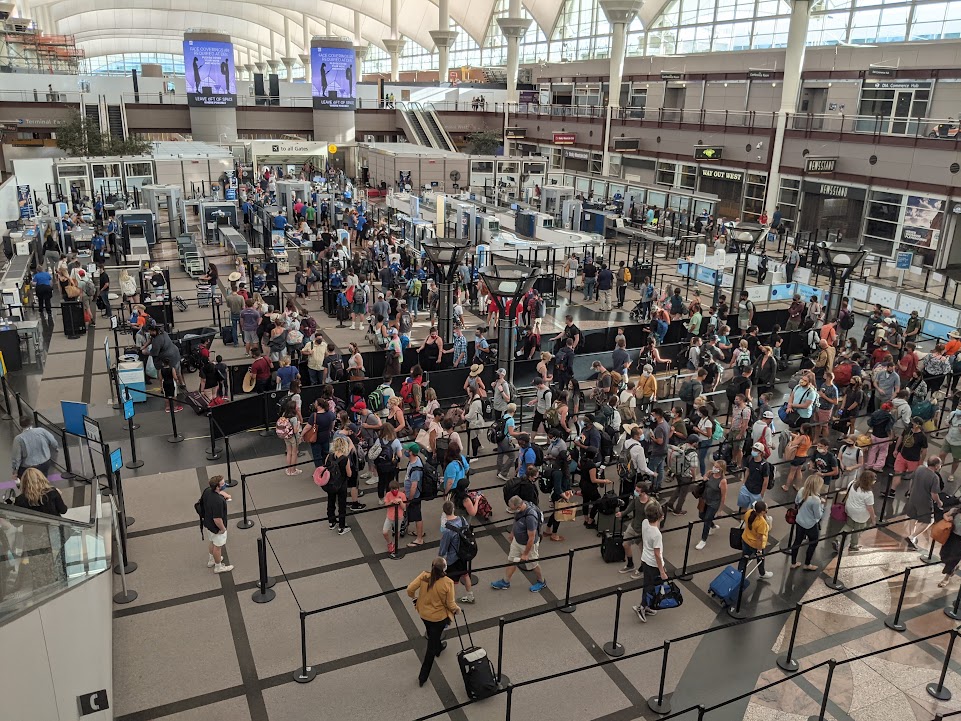
You can also install the MyTSA app on your device, a free app that gives real time information for what is happening at airport – how long the security line is taking, if one area of the airport is closed and you need to go through TSA in a different location.
Now, the Homeland Security department offers mobile passport control, even if you are not registered for Global Entry (which is similar). You can enroll by submitting passport information and responses to CBP (Customs & Border Patrol) – the free version requires you to enter passport information each time – answer the questions, then you get to whisk through a third line (the regular line, the Global Entry kiosk, and now the Mobile Passport control).
“Google is one of biggest game changers for international travel,” he notes. You can download maps in advance so they are available when you do not have access to WiFi.
The same is true for languages. “Language is no longer a barrier. You can program a phrase like ‘I’m allergic to peanuts,’ and it will show it written as well as speak. You can download the language in advance so it can translate even when offline. You can use the camera function to translate foreign languages into English.”
Of course this eliminates the delight and satisfaction of finding a local person who can either speak English or mime an answer to “I’m lost, Can you tell me how do I get to….?”
____________________________
© 2024 Travel Features Syndicate, a division of Workstyles, Inc. All rights reserved. Visit goingplacesfarandnear.com and travelwritersmagazine.com/TravelFeaturesSyndicate/. Blogging at goingplacesnearandfar.wordpress.com and moralcompasstravel.info. Visit instagram.com/going_places_far_and_near and instagram.com/bigbackpacktraveler/ Send comments or questions to [email protected]. Tweet @TravelFeatures. ‘Like’ us at facebook.com/NewsPhotoFeatures
